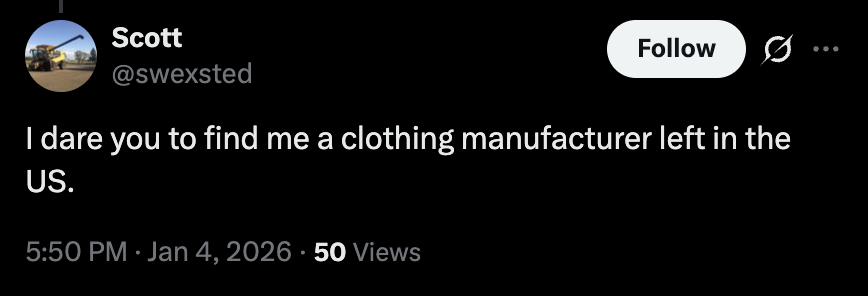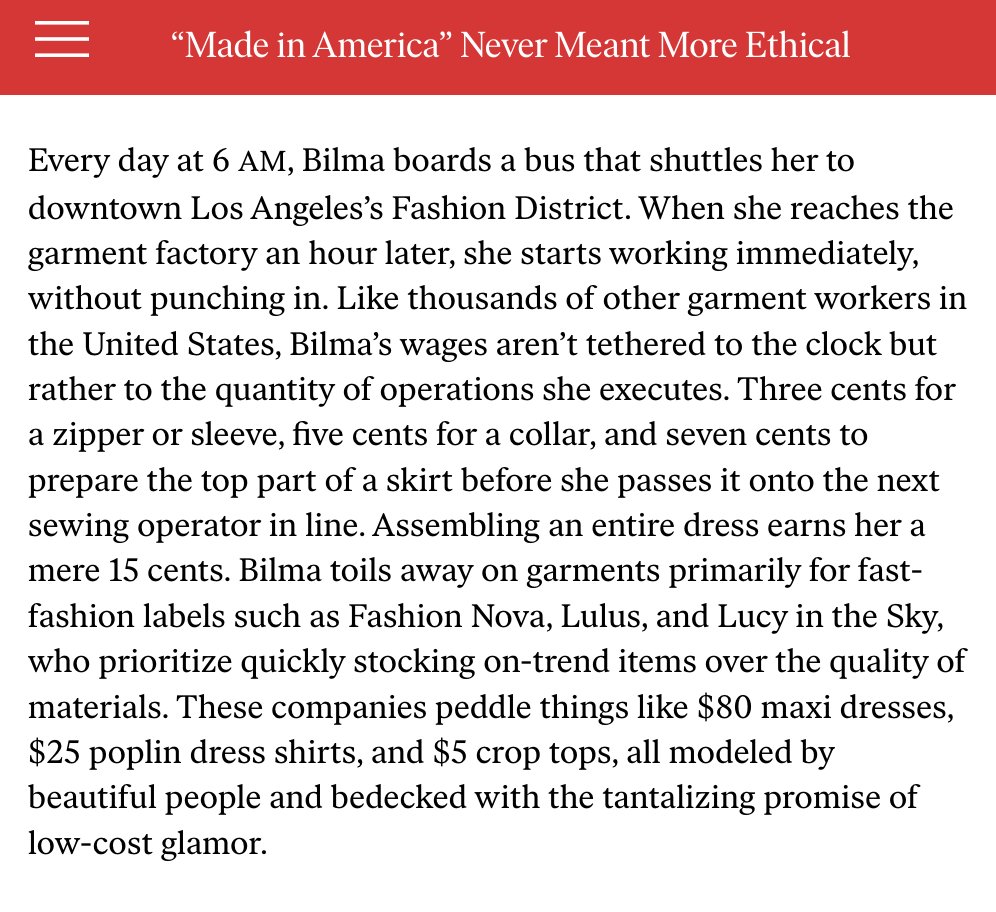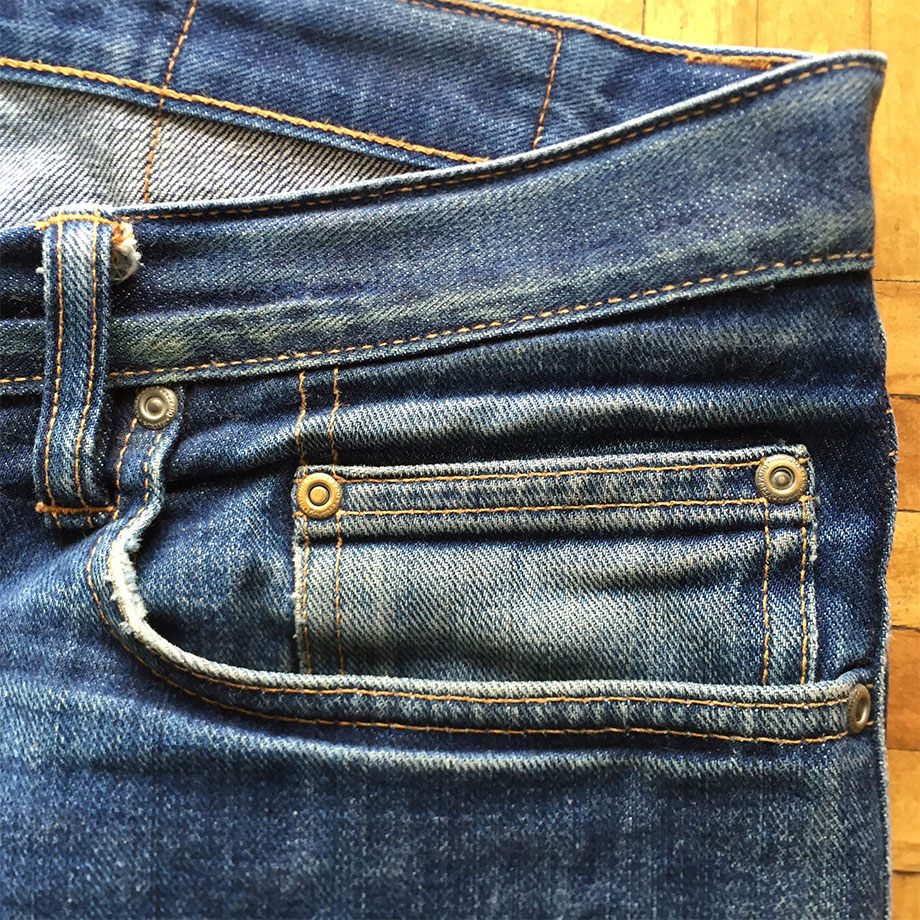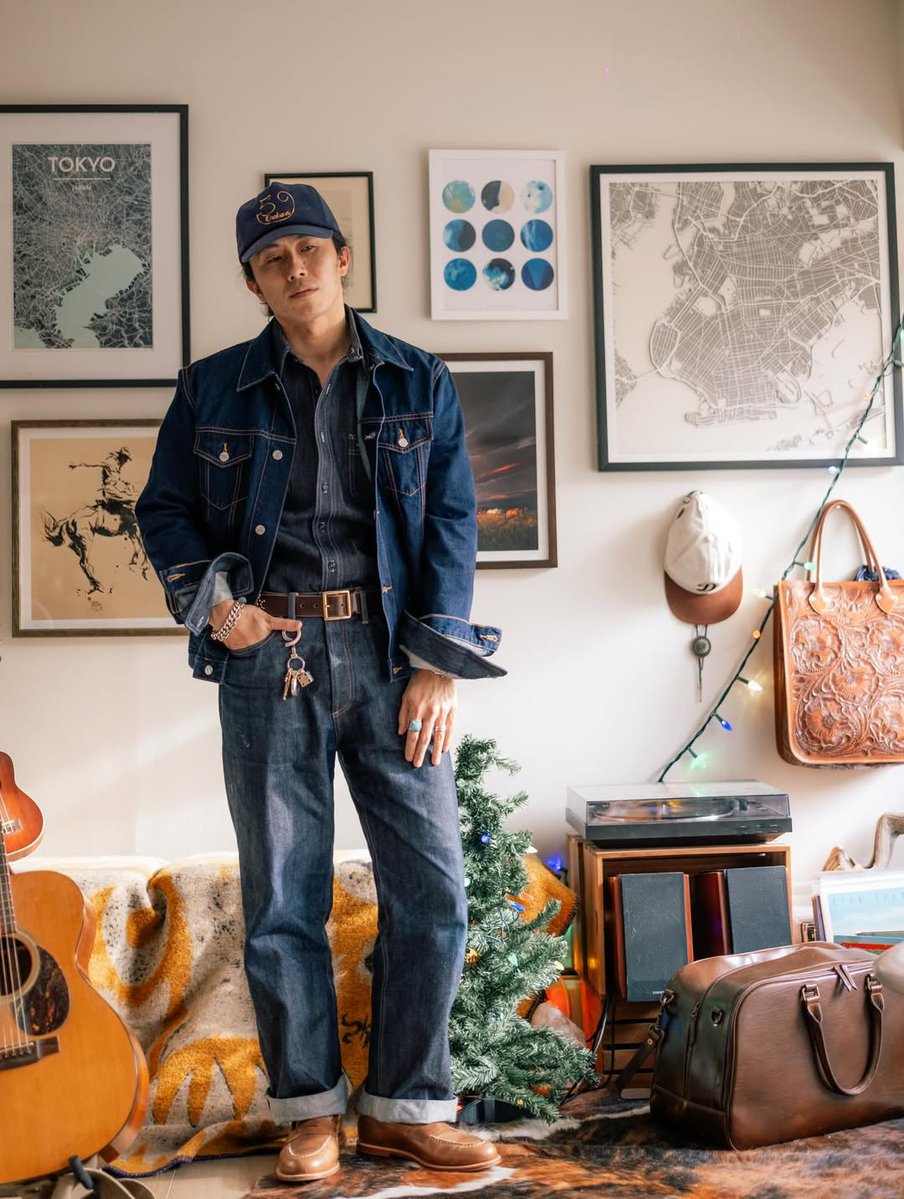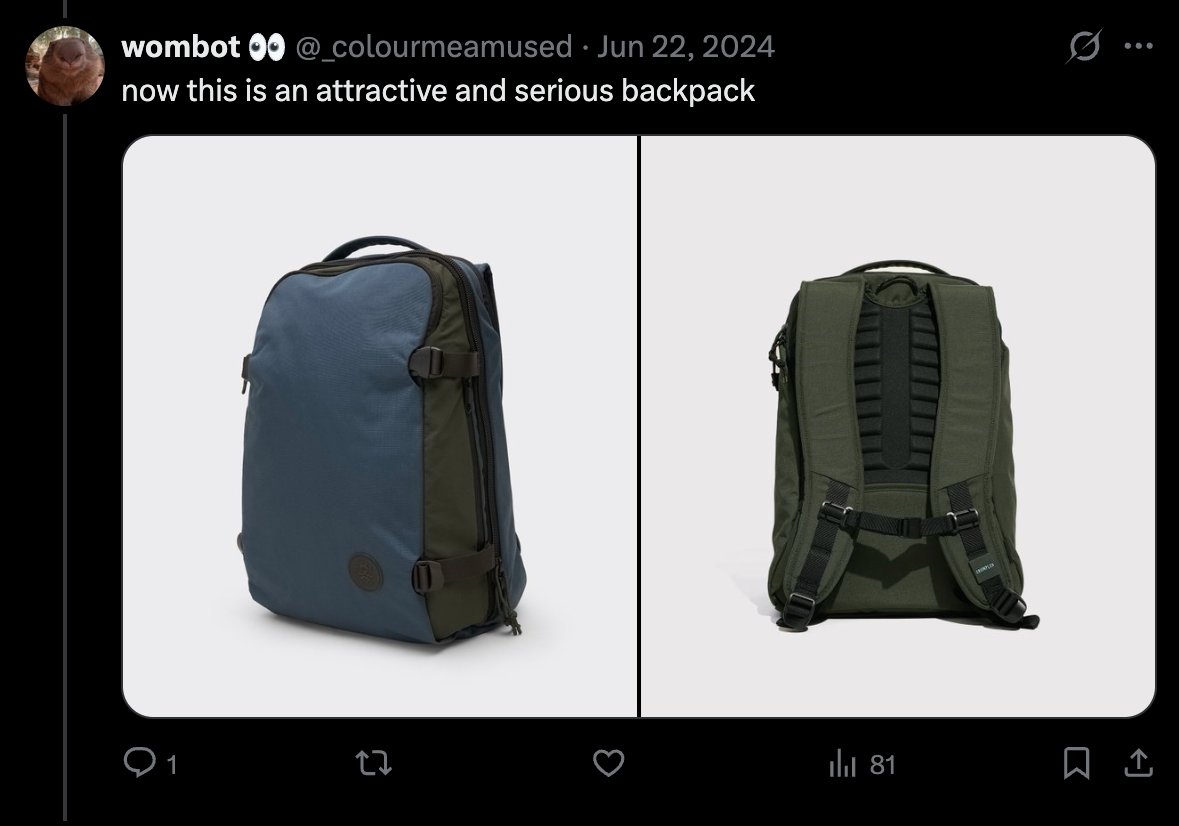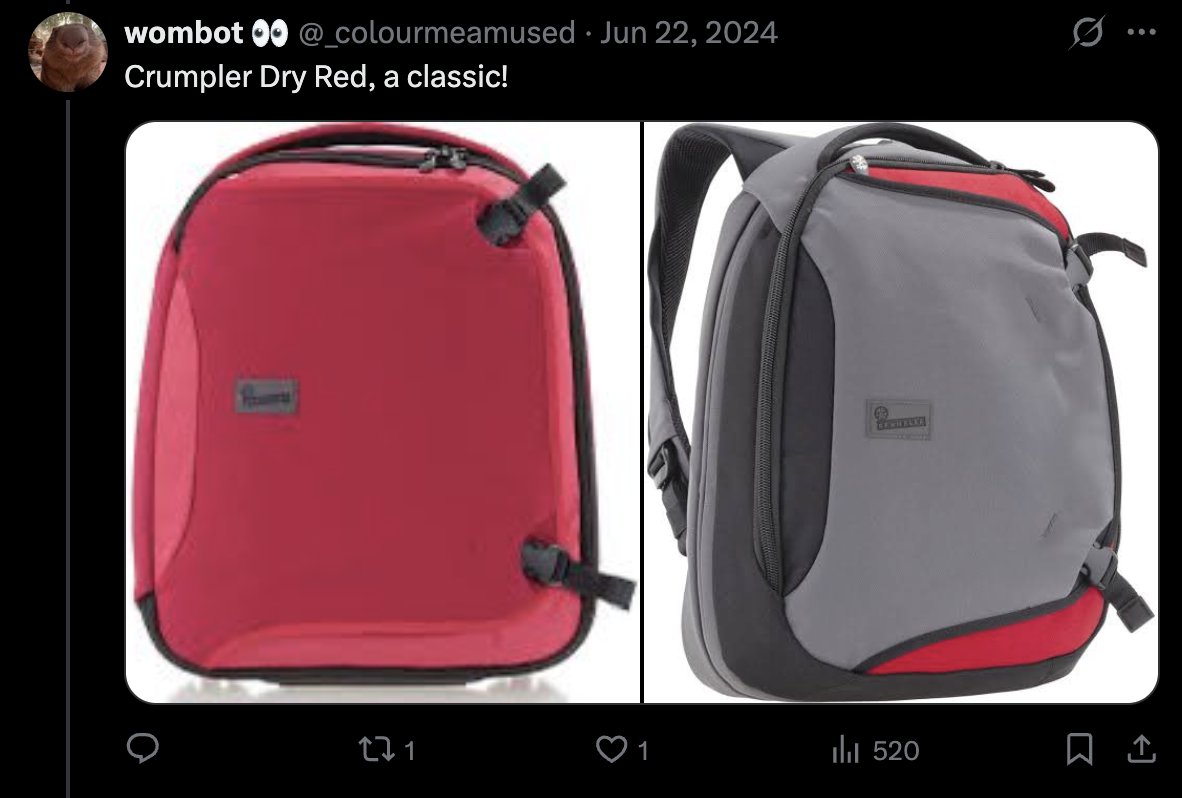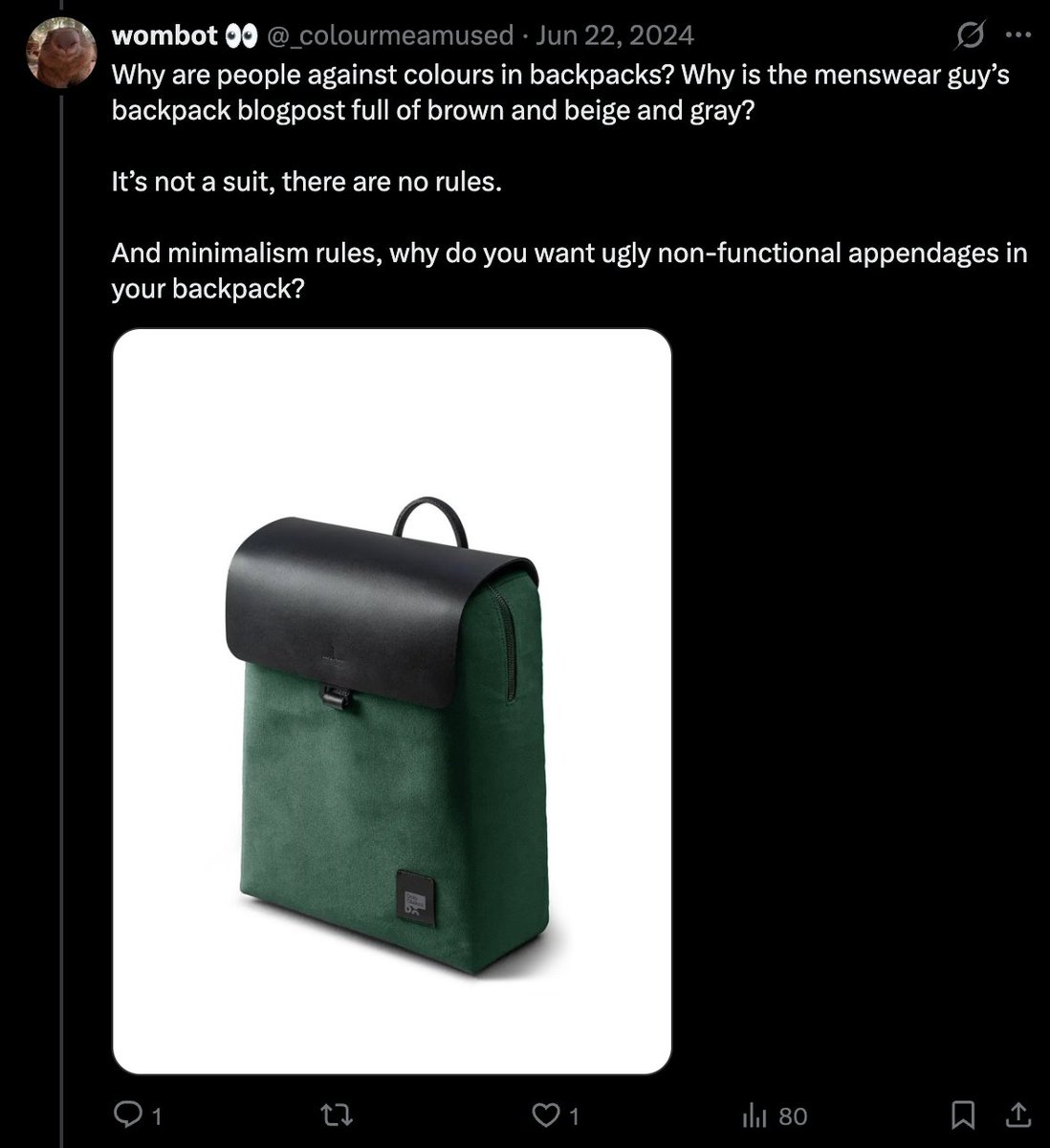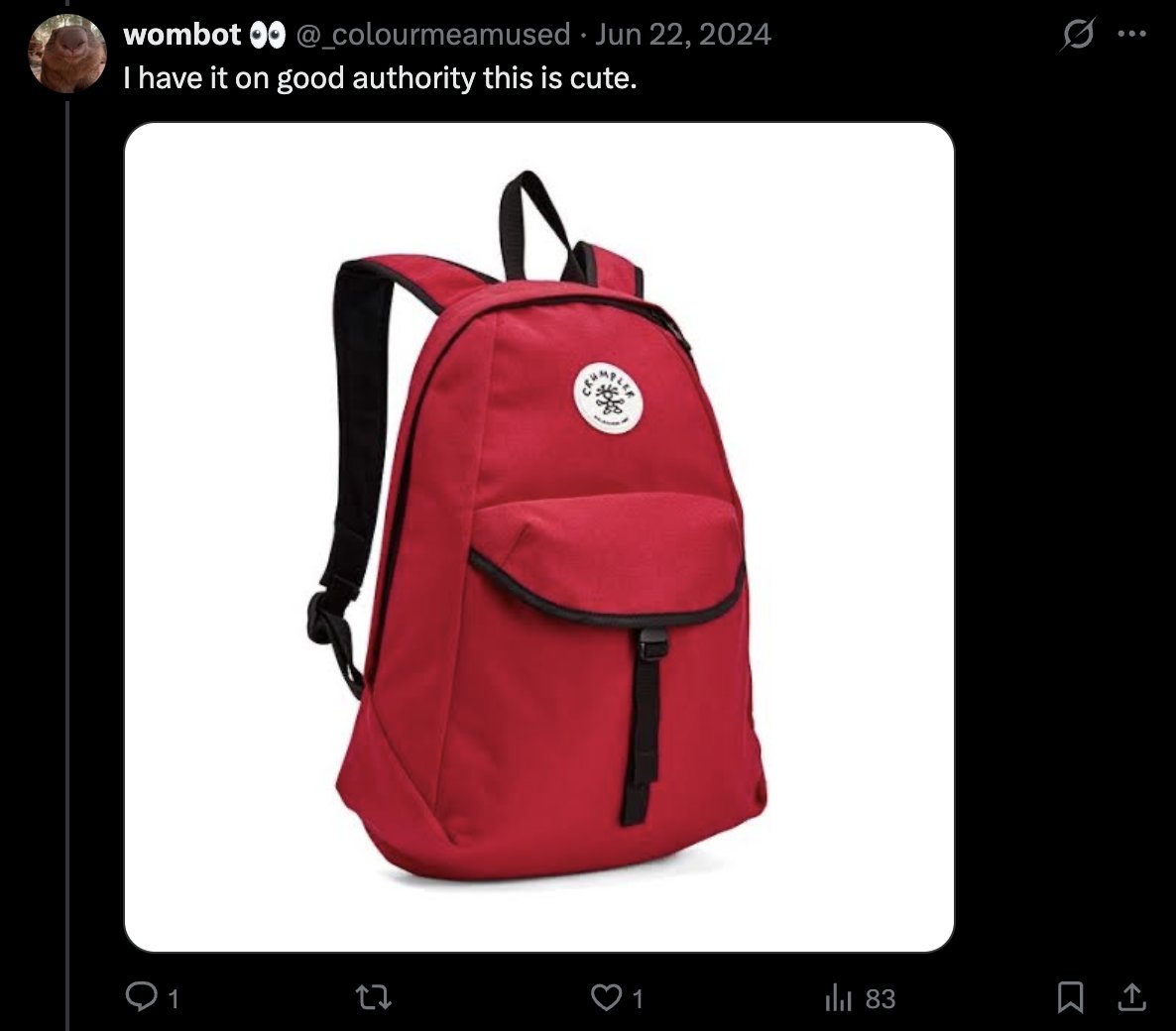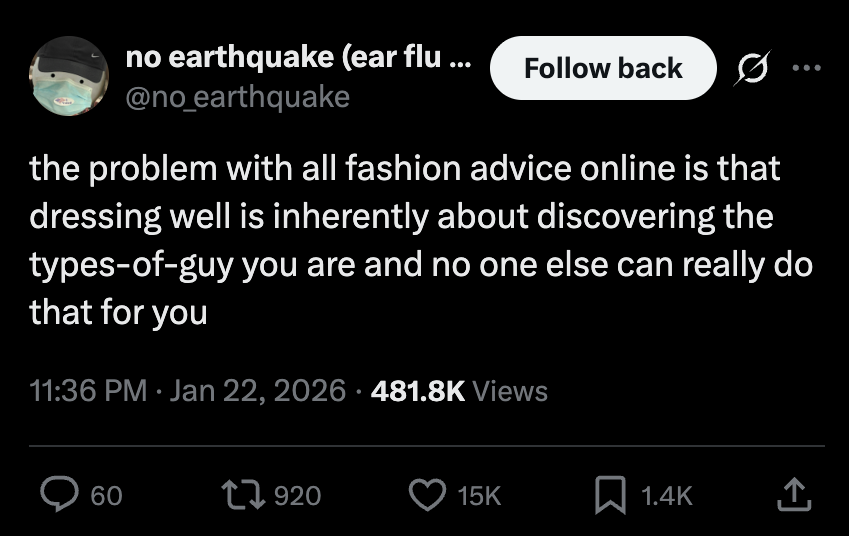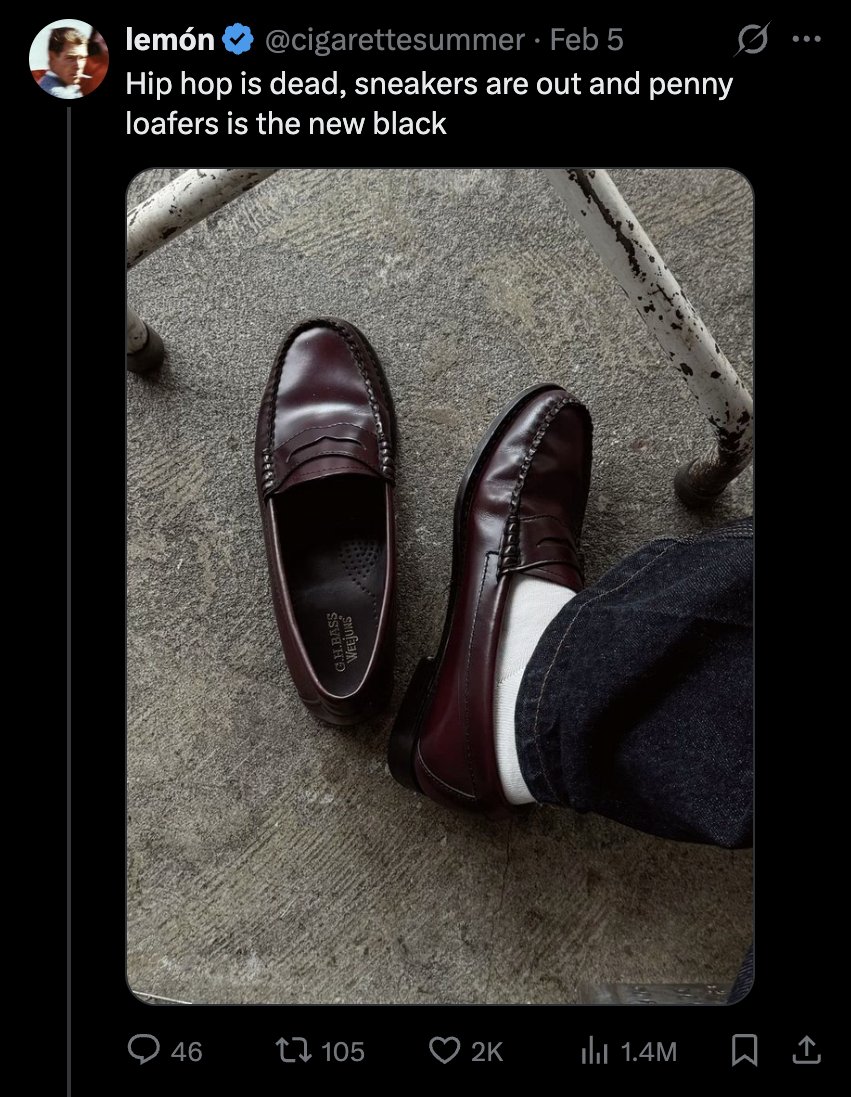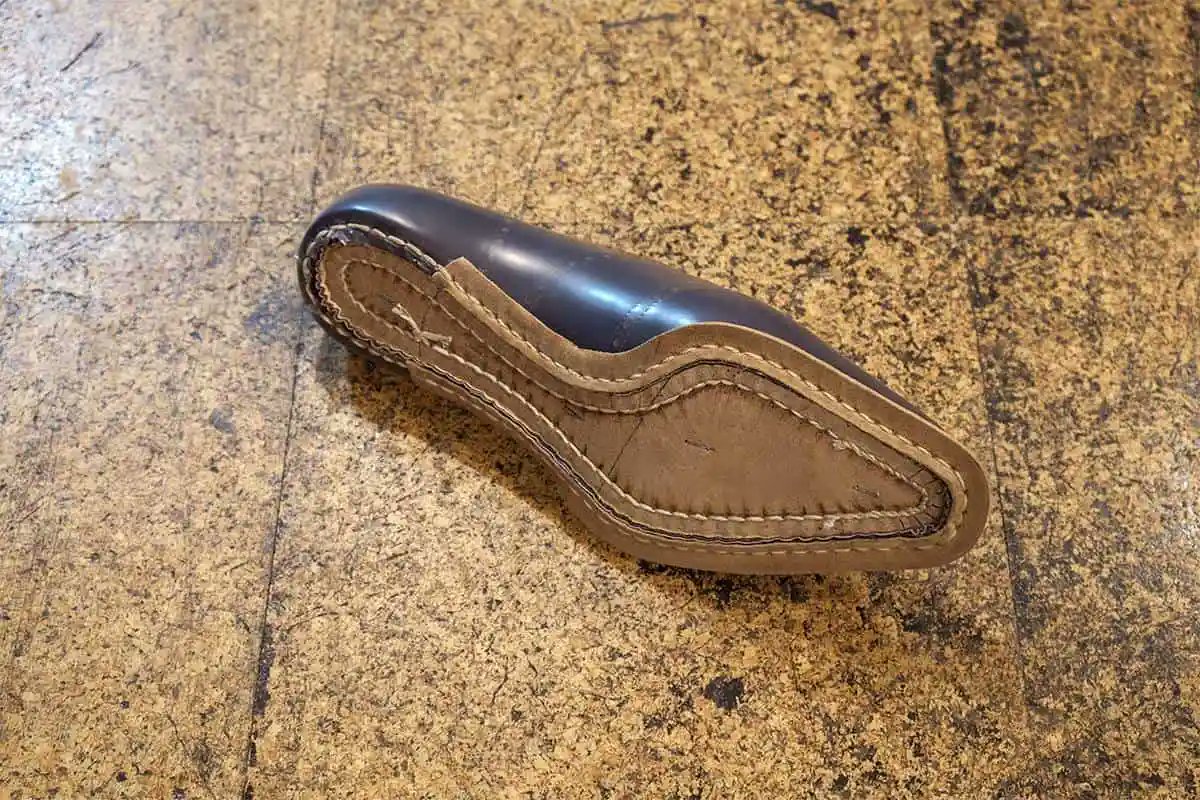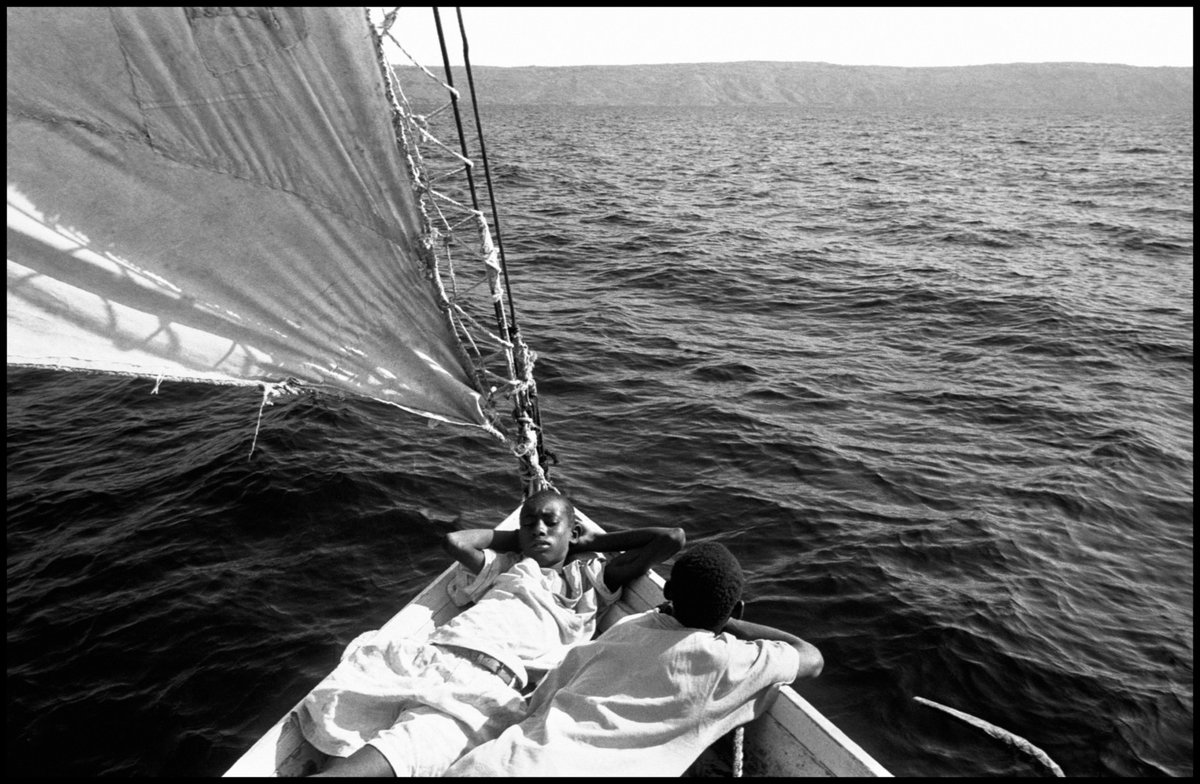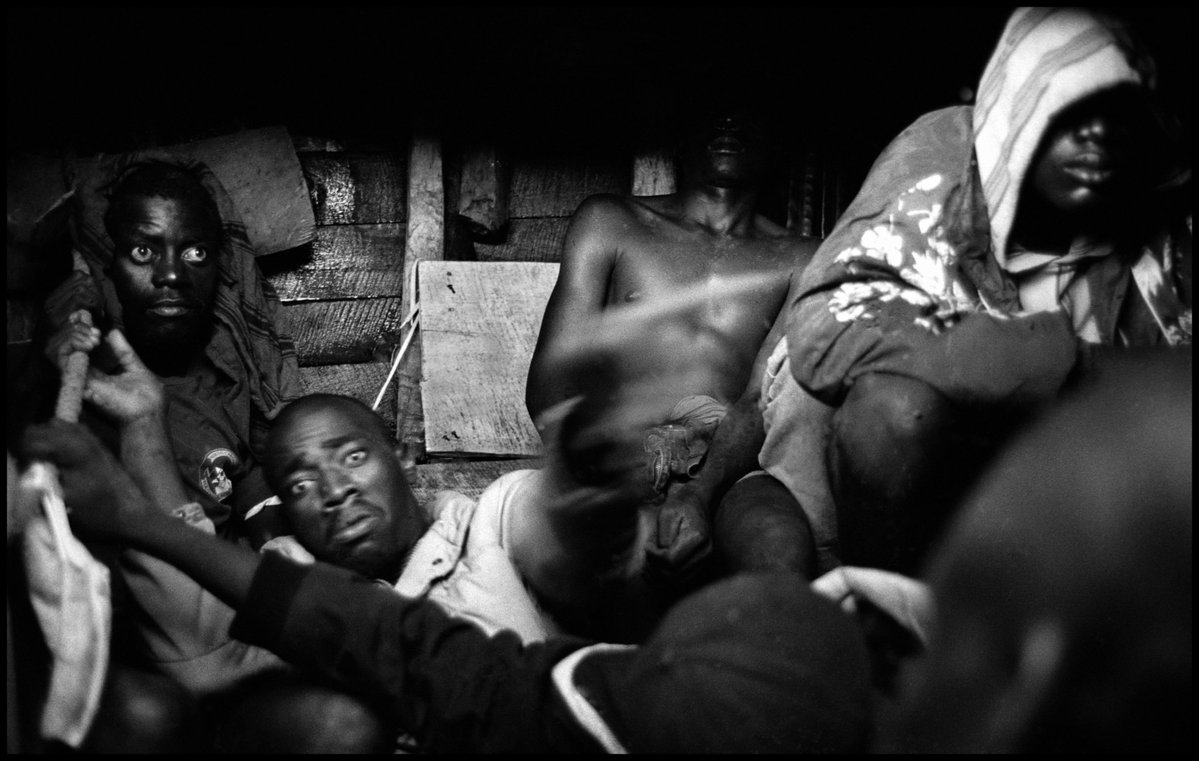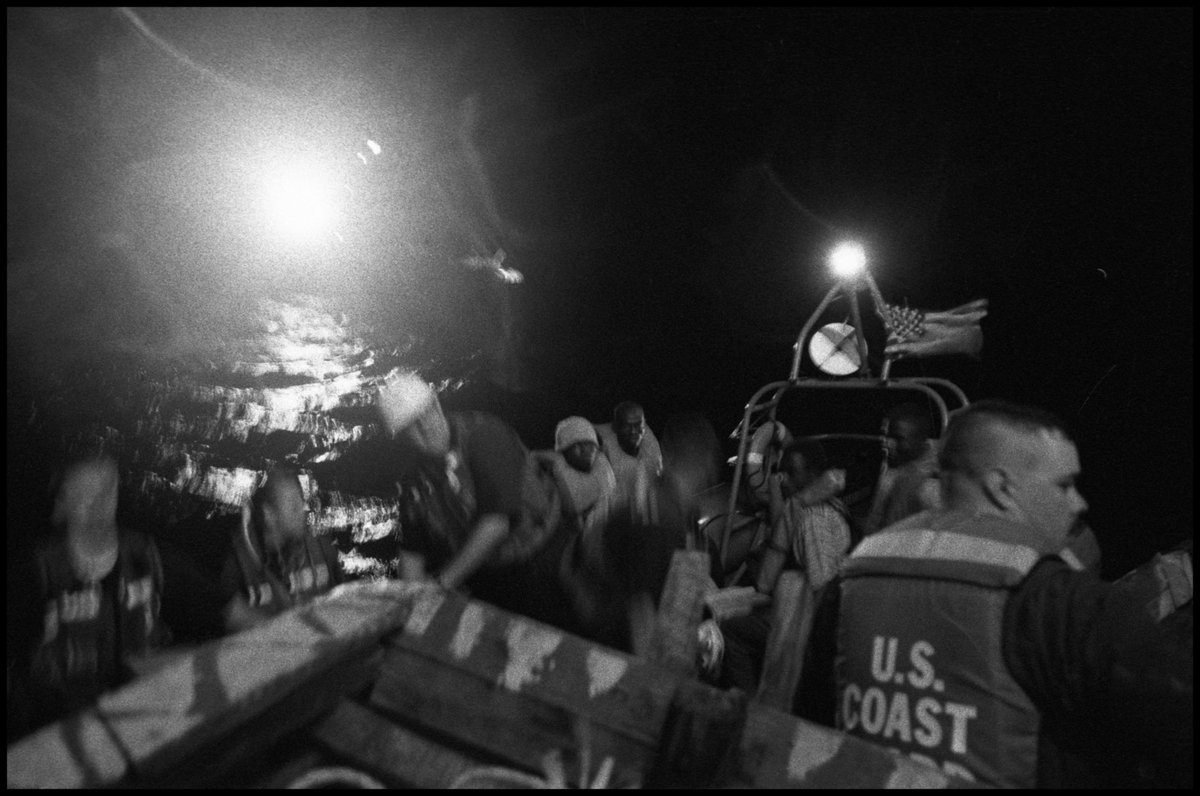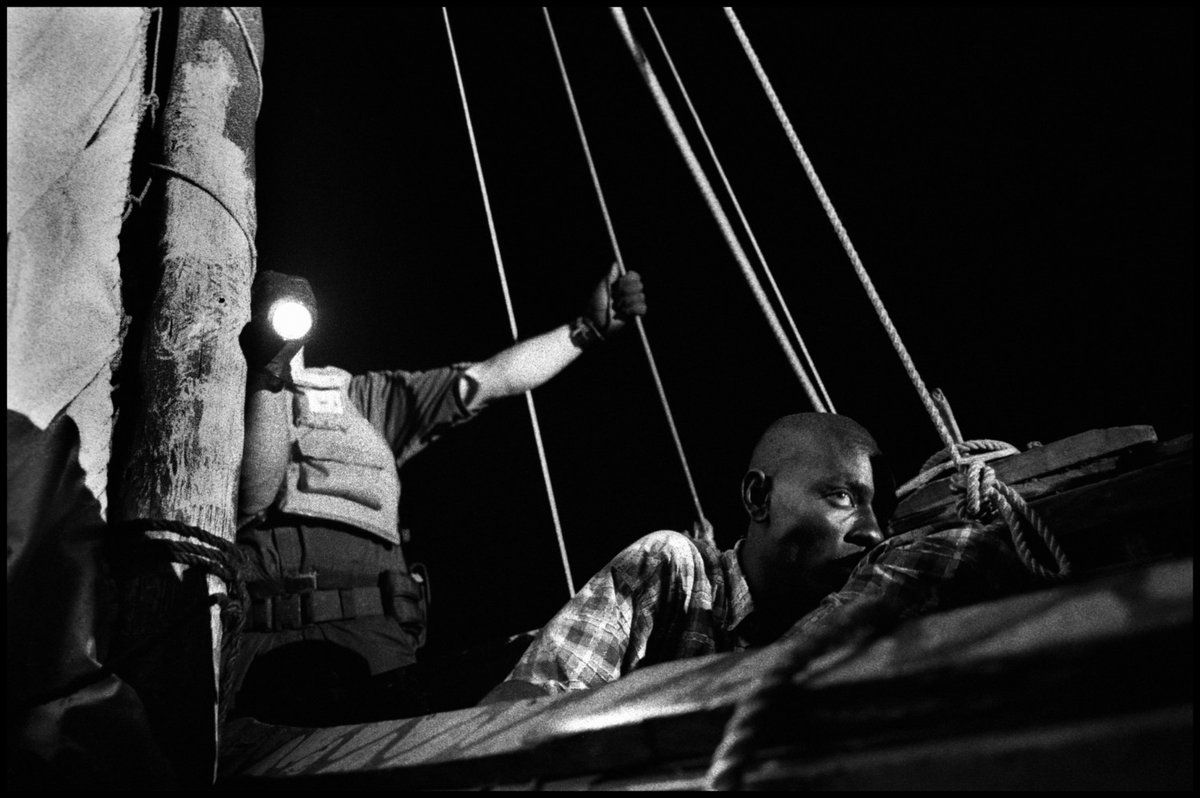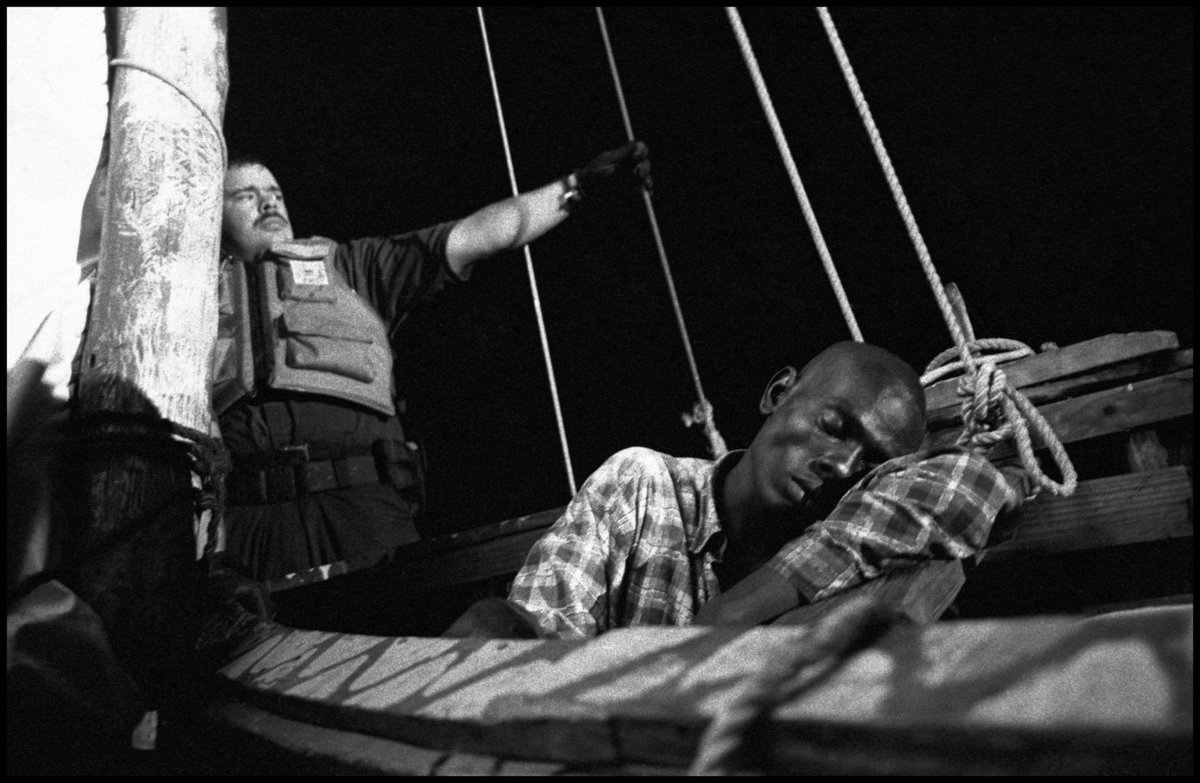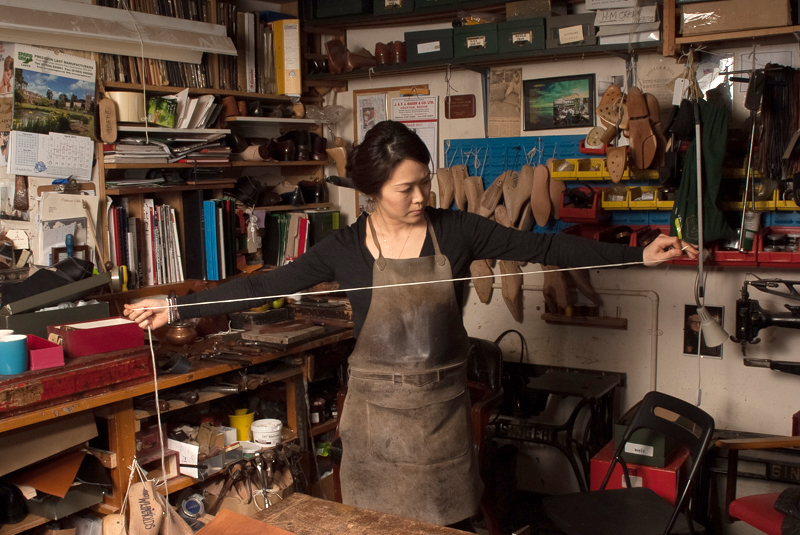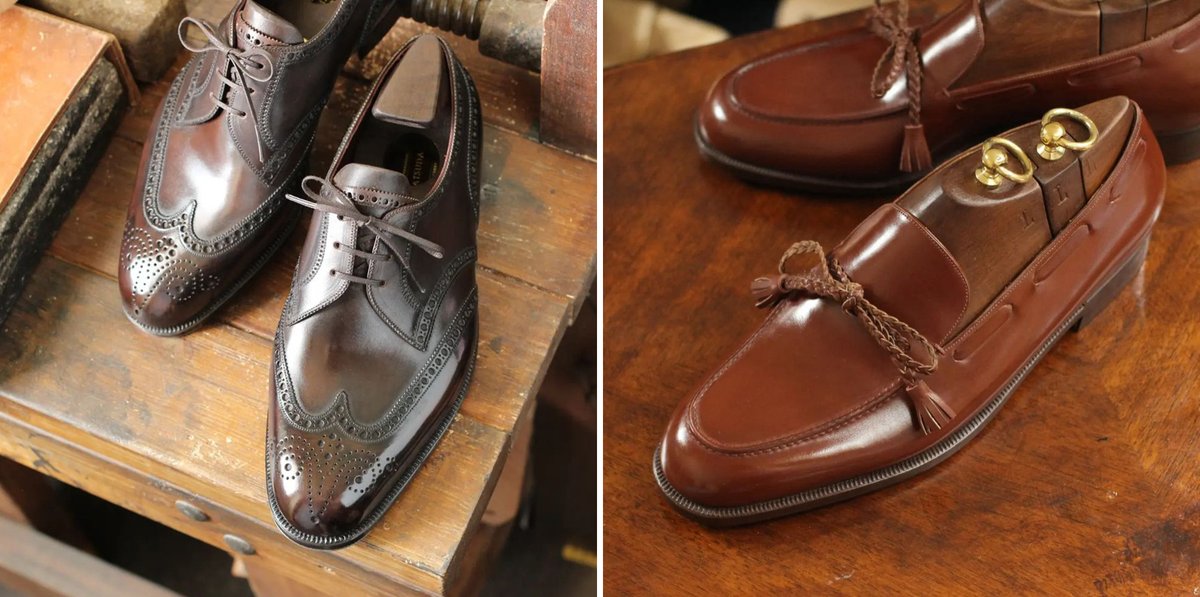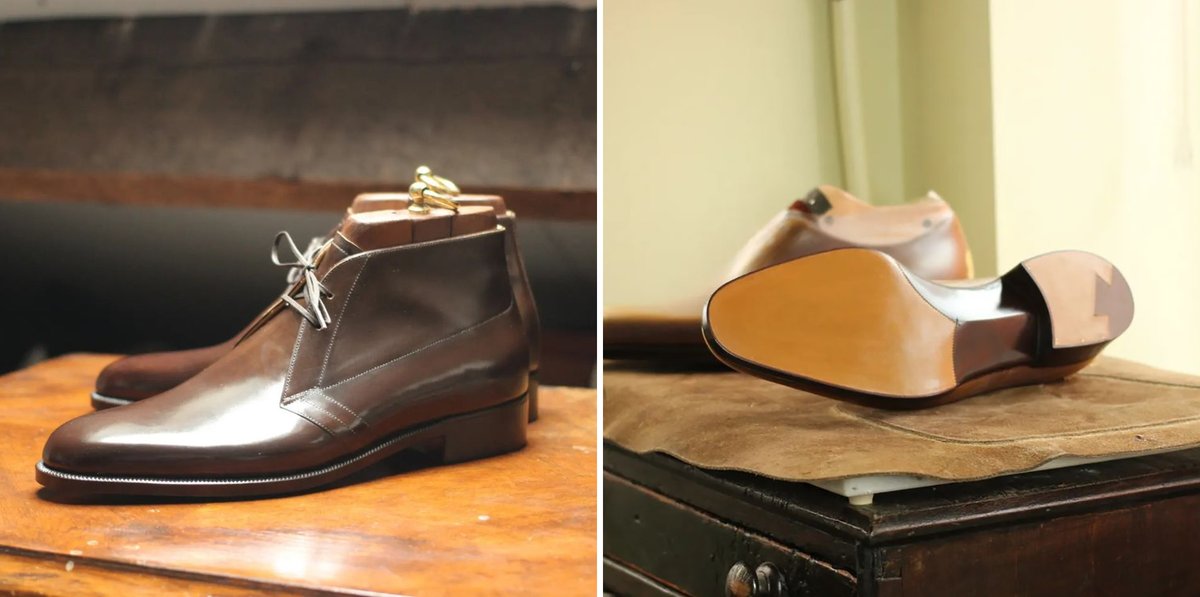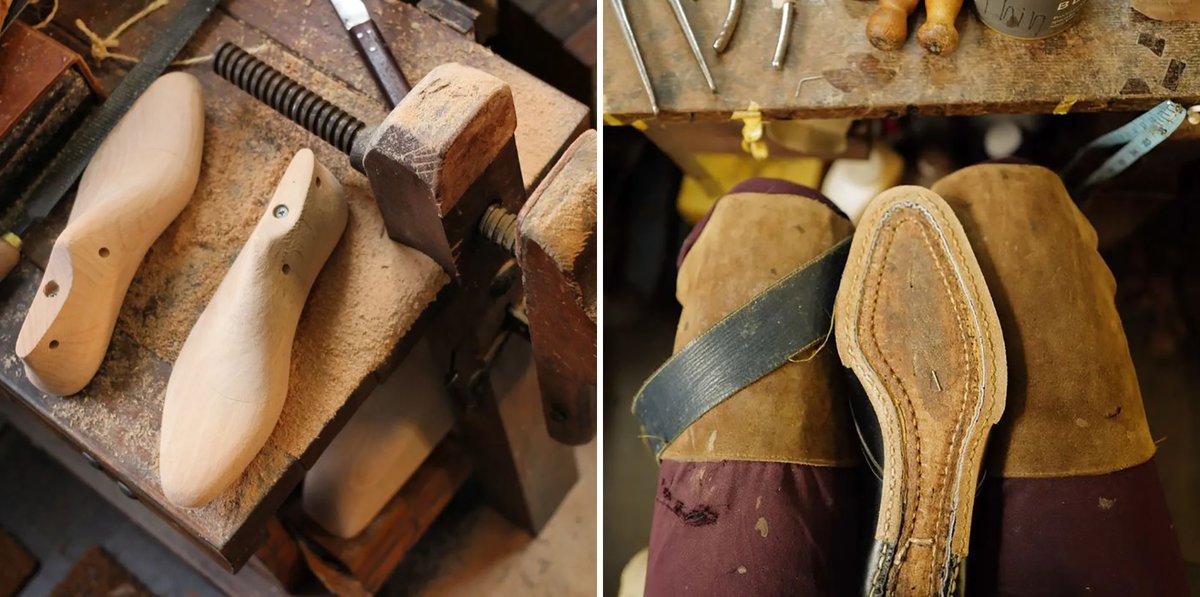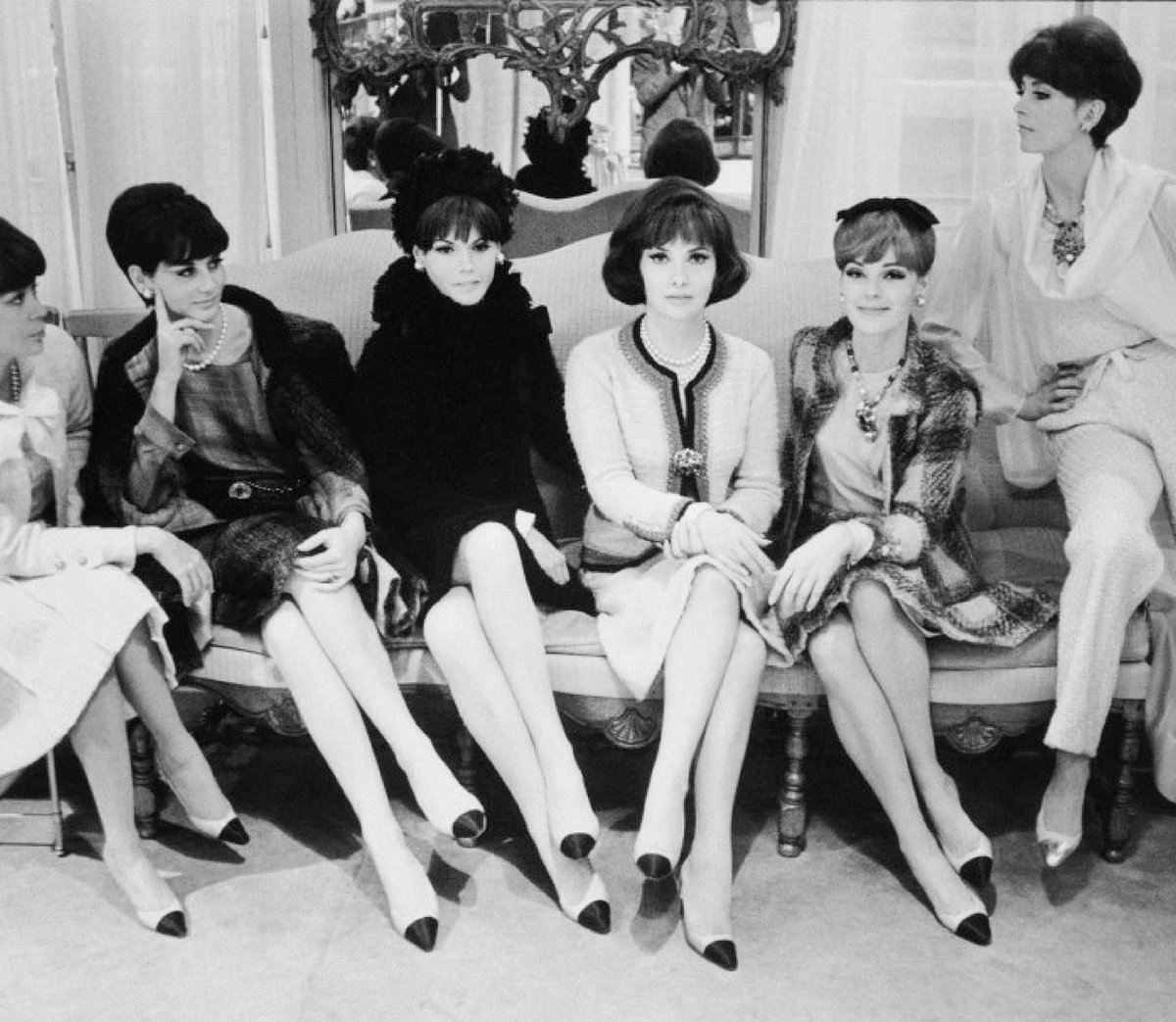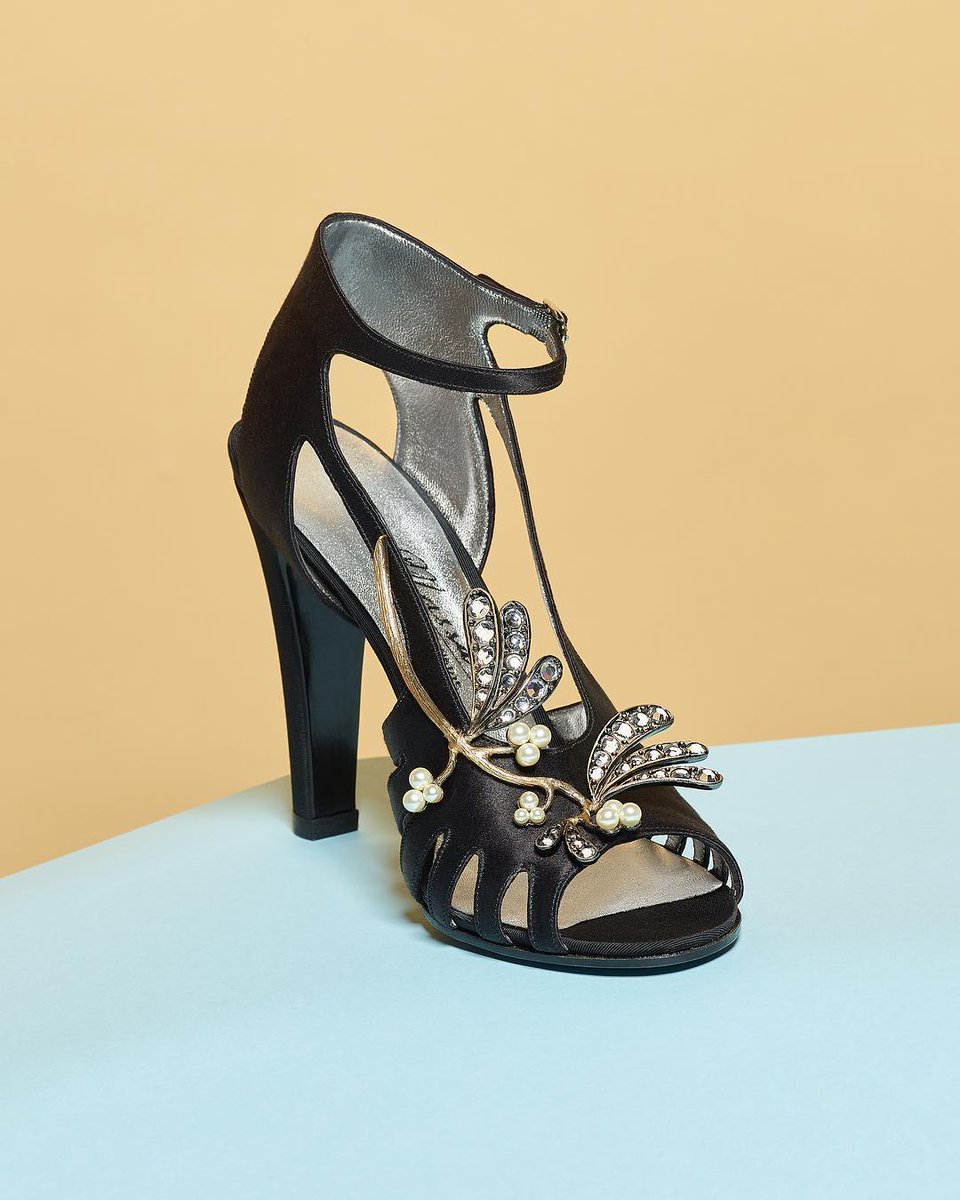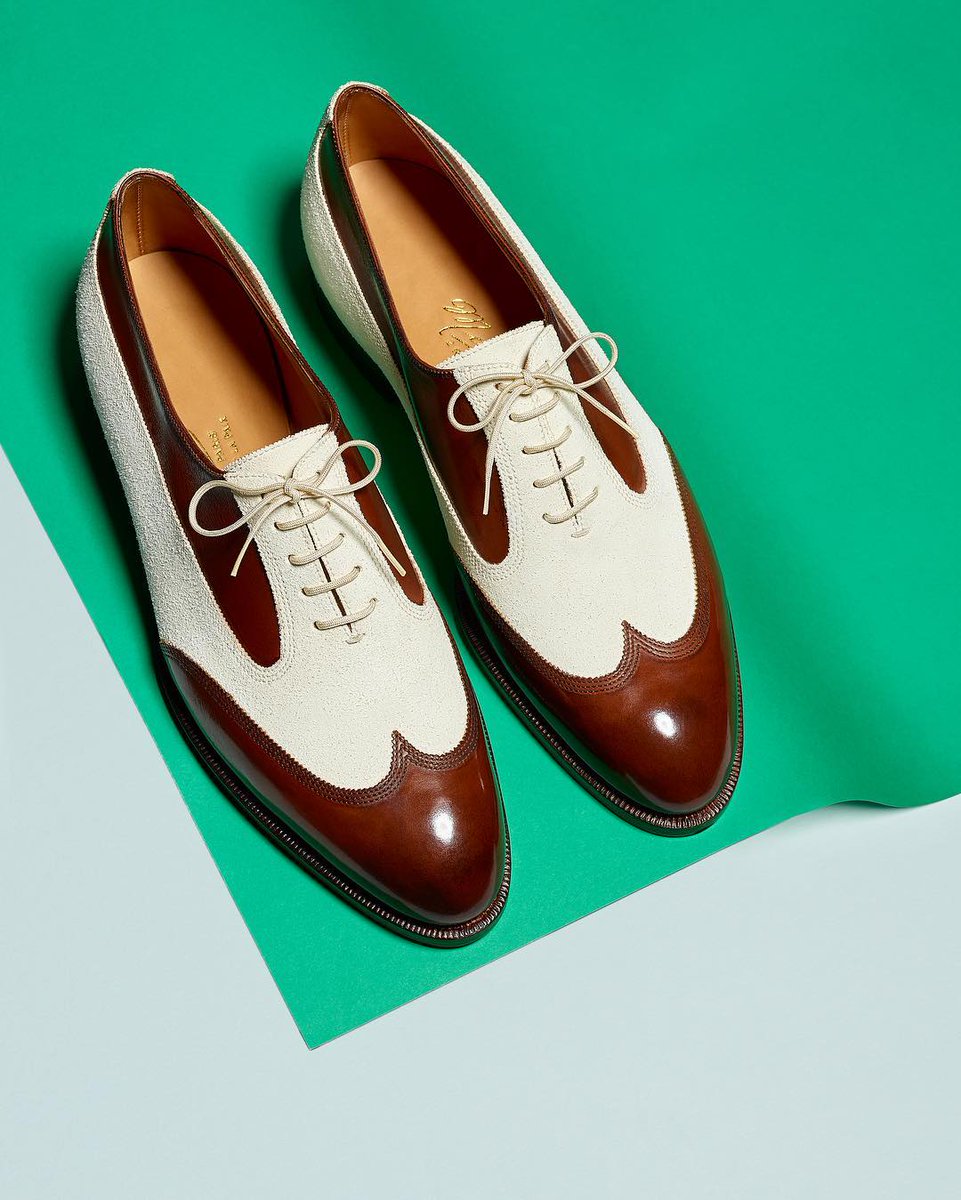I disagree that you dress like Cary Grant. In this thread, I will list some of the ways in which your dress differs and why such important details matter. 🧵
https://twitter.com/TateTheTalisman/status/1783875443210227761
On Twitter and elsewhere, I often notice that people collapse men's style into very broad forms. A suit is just a suit, and pants are just pants. But in fact, tiny differences make a huge impact, and more attention should be paid to silhouette, shape, and detailing. 

Let's start with the basics.
A collar gap can appear if your jacket's shoulders don't match the slope of your natural shoulders. Or if the jacket isn't cut right for your posture. Or the jacket is too tight across the chest (the most likely reason for Tristan's collar gap)


A collar gap can appear if your jacket's shoulders don't match the slope of your natural shoulders. Or if the jacket isn't cut right for your posture. Or the jacket is too tight across the chest (the most likely reason for Tristan's collar gap)


You'll notice that Grant's collar always hugs his neck, even when he dances. See this scene from the 1958 film Indiscreet. One reason you want your collar to hug your neck is that the jacket is not only more comfy but will look more natural on you.
The tightness of Tristan's clothes creates other problems. Here we see divots along the sleevehead, pulling at the waist, and trousers that cling to his calves, causing ripples to go down his legs.








No such issues for Cary Grant. His clothes always hang beautifully and smoothly while still giving a distinctive, flattering silhouette.



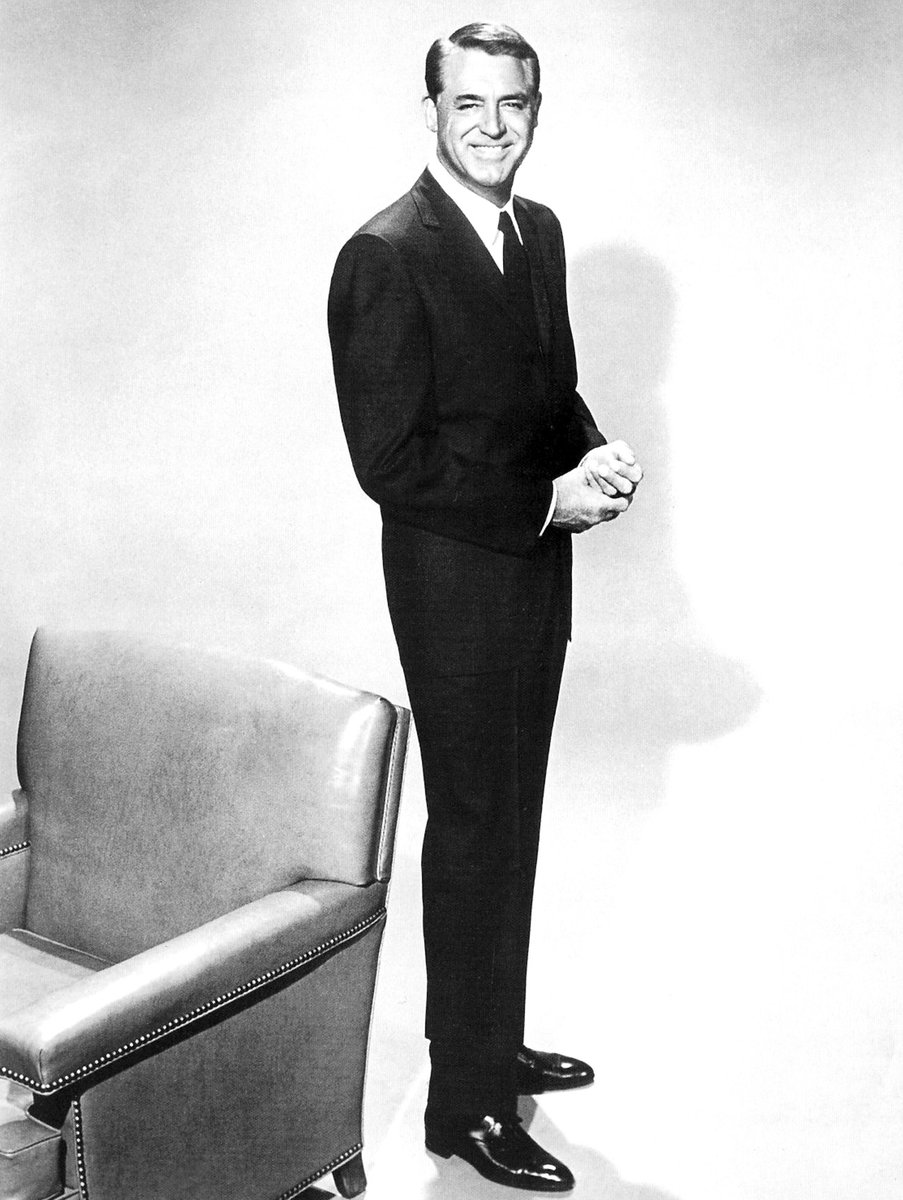
Tristan also wears low-rise trousers. As a result, his shirt often peeks out from beneath his coat's buttoning point when his coat is fastened, ruining the elegant line and harmonious look that a suit should create. No such issue for Grant because his trousers sit higher.



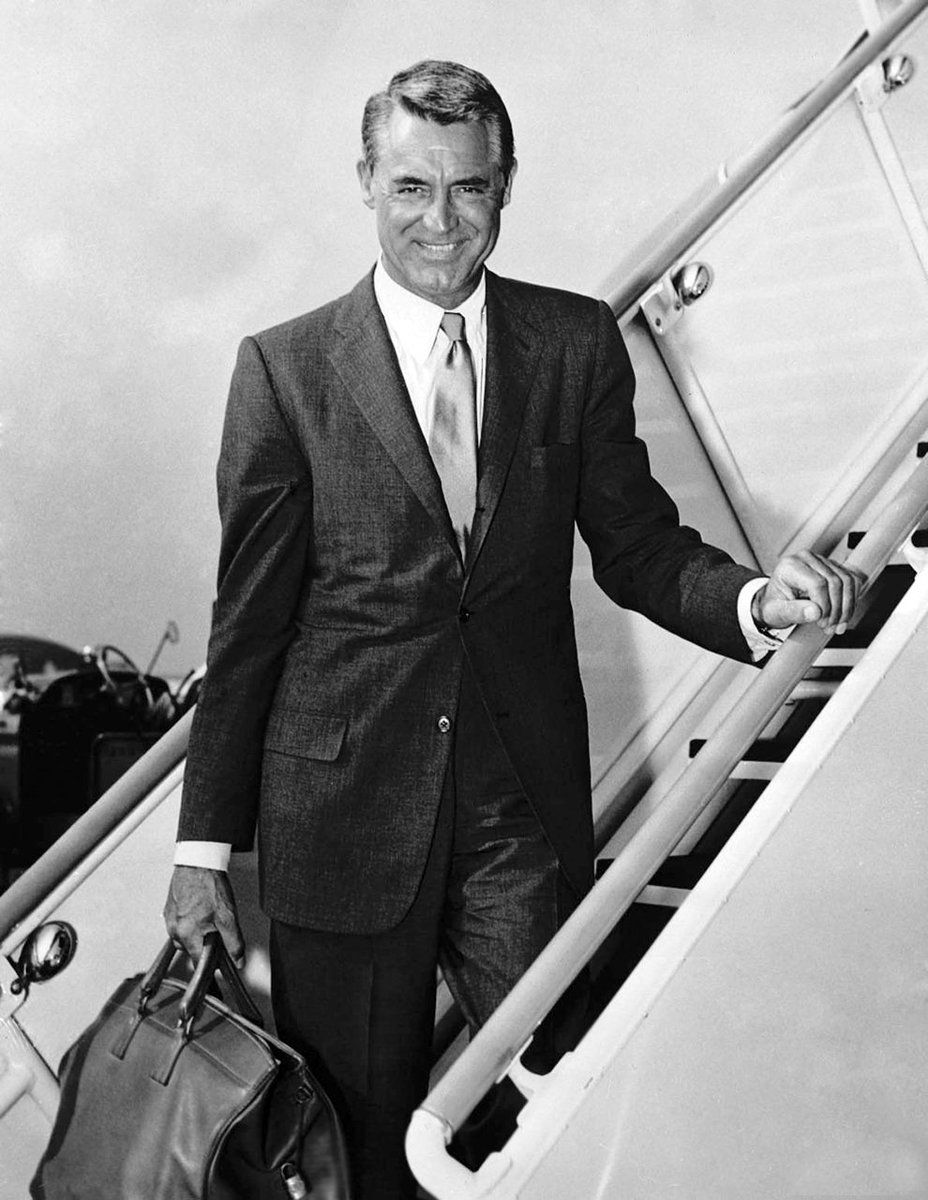
This is also something Grant sticks with when he's not wearing a jacket. The result is a silhouette that shifts and moves. IMO, it's more elegant.



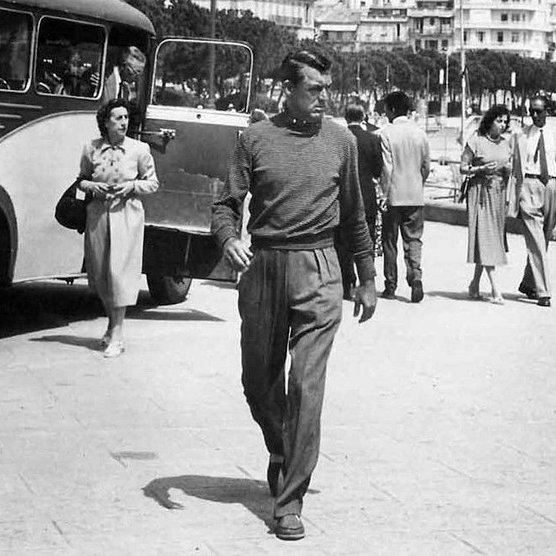
In fact, going back to an earlier thread where I said people appreciate "shape and drape" even when they don't know it, I think what people like about this outfit (referenced in the original tweet) is how it has shape and drape. The outfit moves.


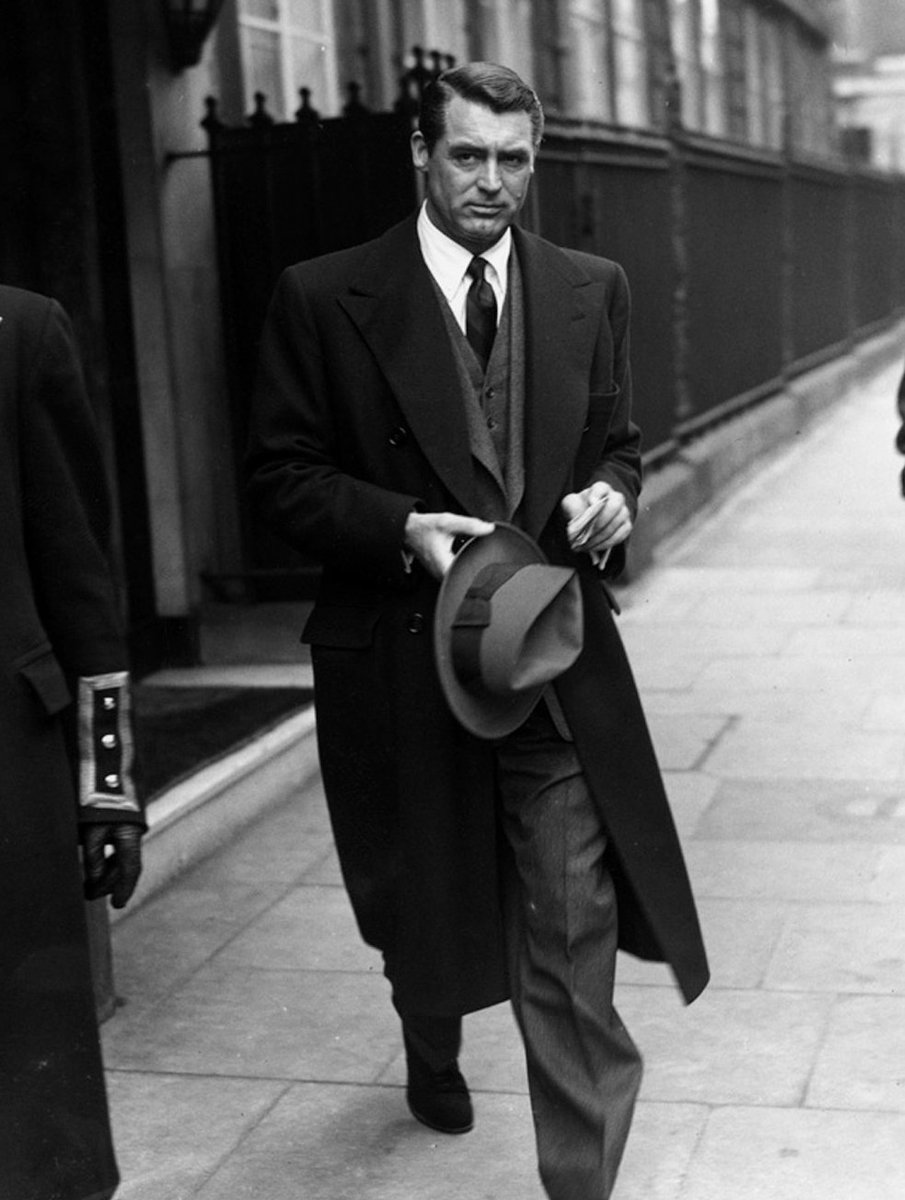
You can see here that Tristan's overcoat is not as long, so it can't move in the same way. The trousers are also much slimmer than what Grant is wearing in the second photo.



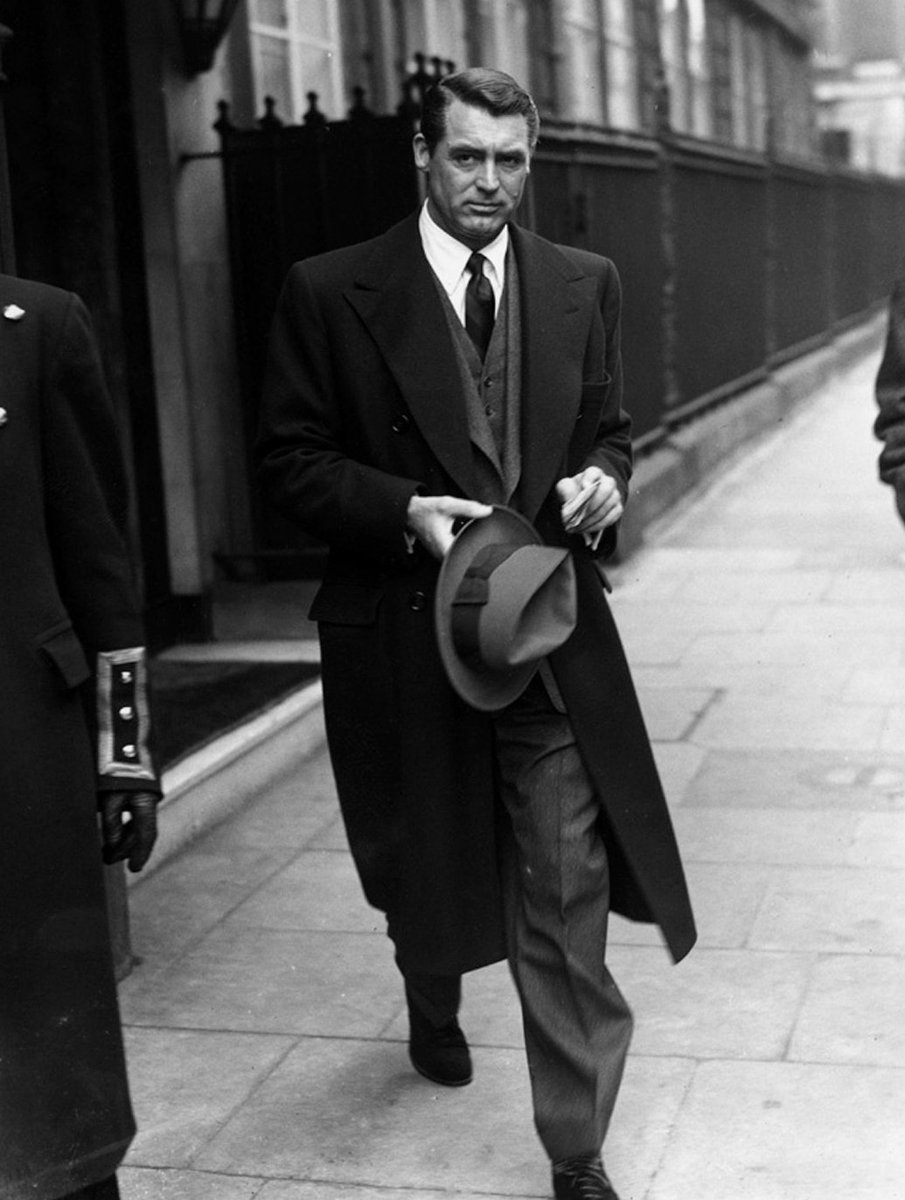
Some of Tristan's suits exhibit a technical tailoring problem. In tailoring, the term "balance" refers to how a coat hangs from the shoulders. There are four dimensions to balance: front-back balance, left-right balance, straightening, and crookening. 
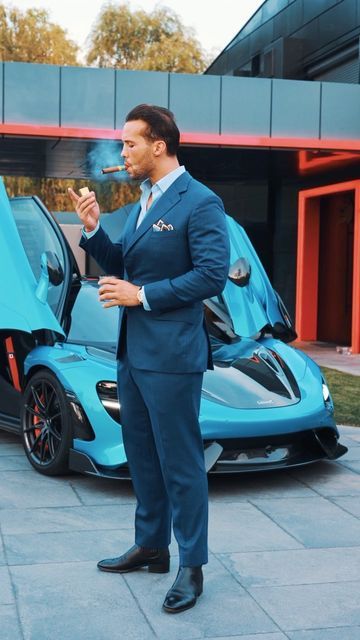
Straightening and crookening refer to a technical tailoring issue that's too complicated to discuss here. However, left-right balance refers to how the jacket's hem should hang evenly across the left and right sides when seen from the front. This is correct: 

Similarly, front-back balance refers to how the jacket hangs across the front and back when the coat is seen from the side. The front can be lower or level with the back, but it should never be higher. Tristan's coats are sometimes higher at the front because he has a big chest.



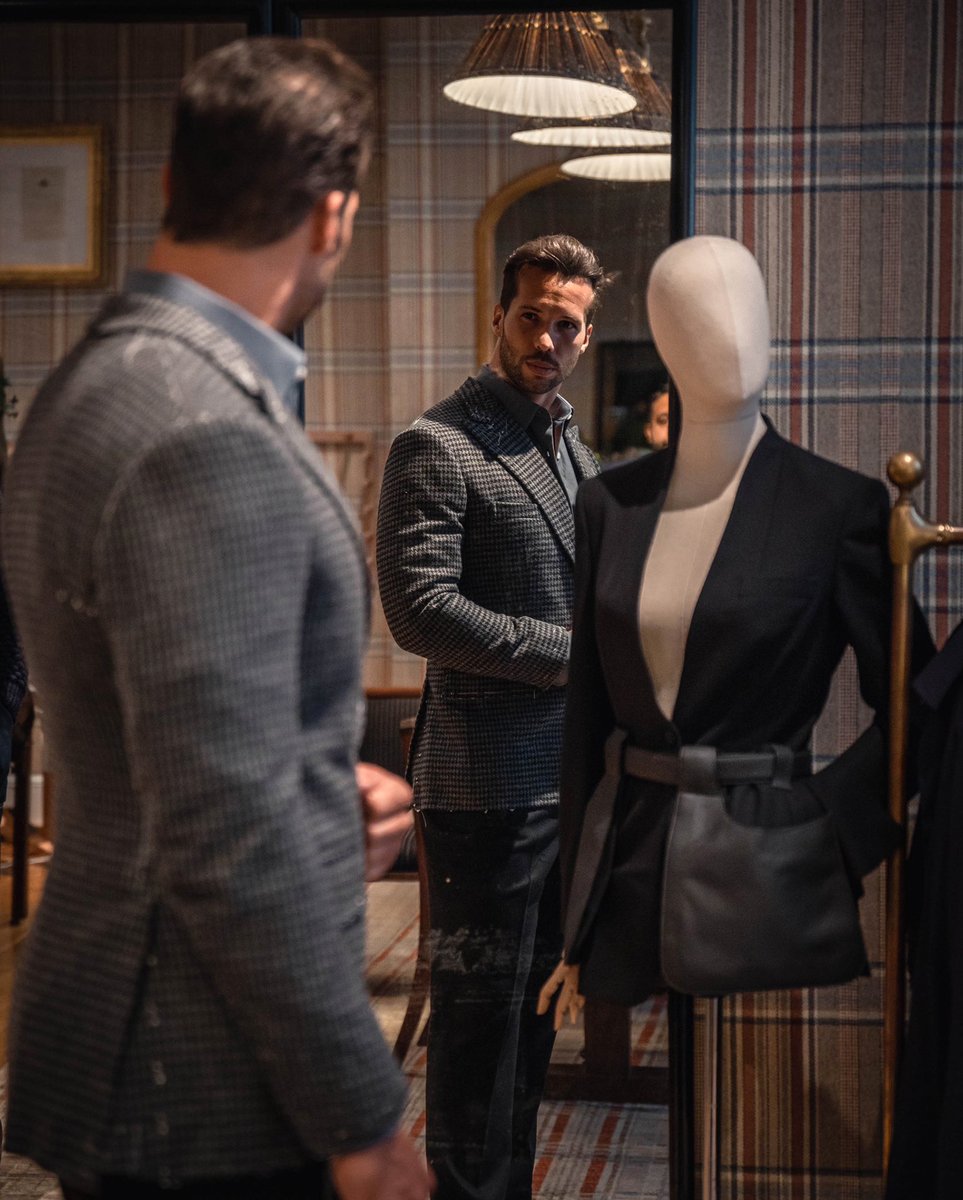
Compare this to Grant. His jackets always hang perfectly from the shoulders, creating a balanced hem.
If you have a short front balance, the coat will look like it's riding up on you. This can give you the appearance of a beer gut.


If you have a short front balance, the coat will look like it's riding up on you. This can give you the appearance of a beer gut.

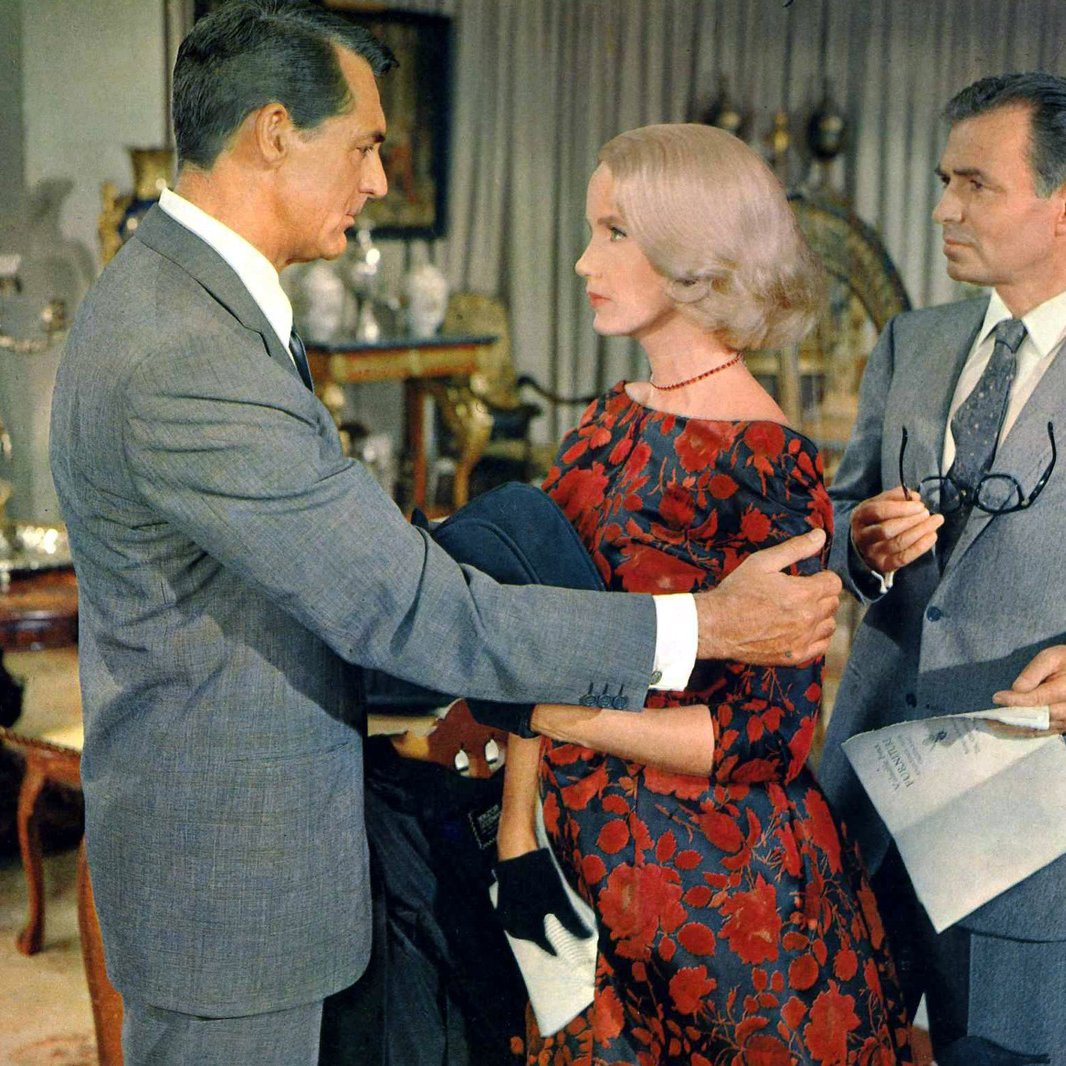
That's why it's ironic that Tristan's style advice is "achieve this body shape." This is not style advice; this is fitness advice
He's also incorrect that King Charles uses his tailor, Huntsman. Charles has never used Huntsman. He has used Kent & Haste, A&S, and Malcolm Plews
He's also incorrect that King Charles uses his tailor, Huntsman. Charles has never used Huntsman. He has used Kent & Haste, A&S, and Malcolm Plews
Tight, short clothes with heavily pegged trousers actually end up emphasizing your hips, making you look heavier in that area. Tristan has a more muscular figure than Grant, but his silhouette here is wider across the hips.



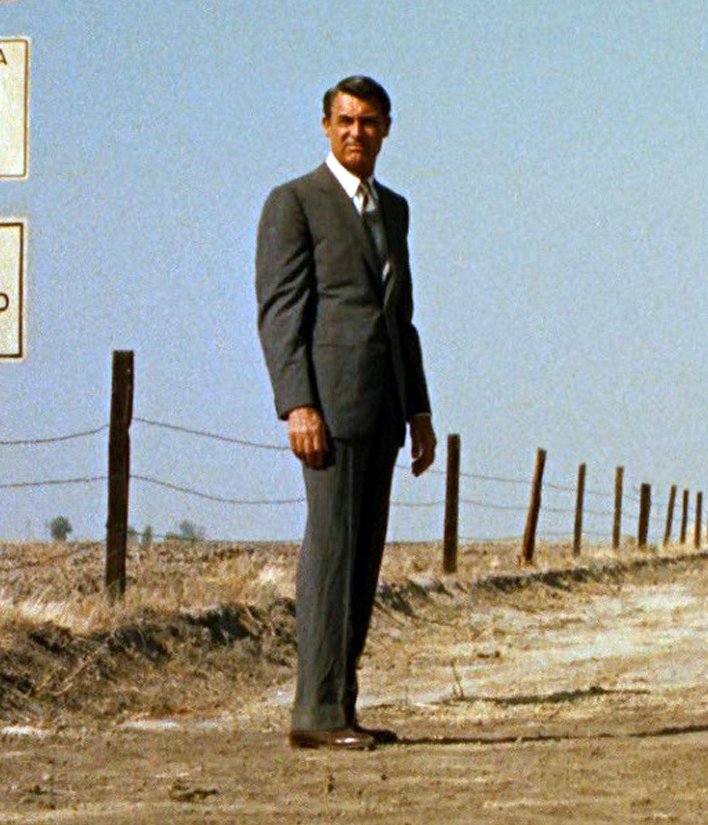
Historically, the Plantonic male figure in classic Western aesthetics is represented as having shoulders broader than the hips, while the female figure is the reverse (not saying you have to conform to these molds, but this is how they're represented in the arts).



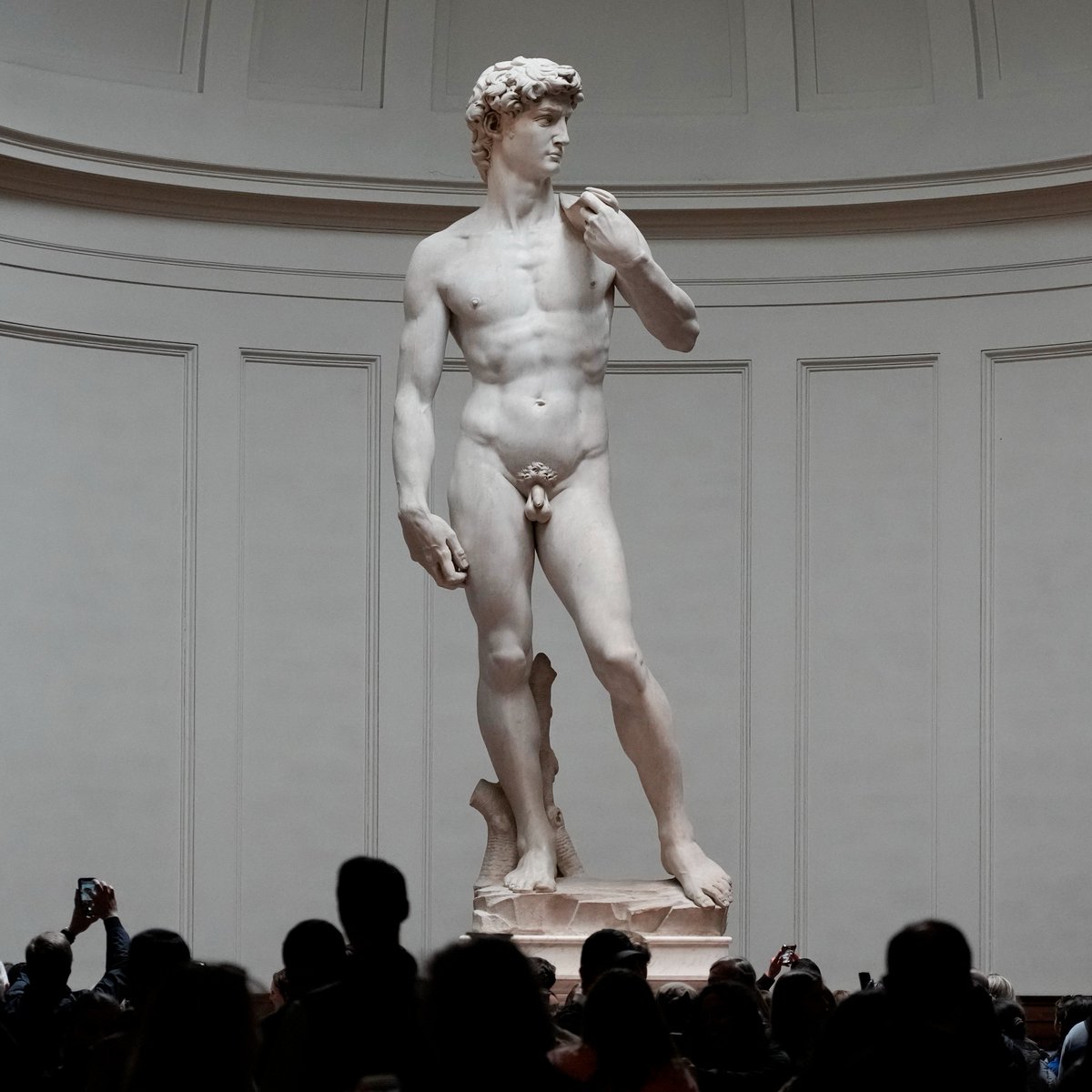
Widening the leg below the knee would help de-emphasize the hips, giving you that Statue of David silhouette. This is something Cary Grant understood.



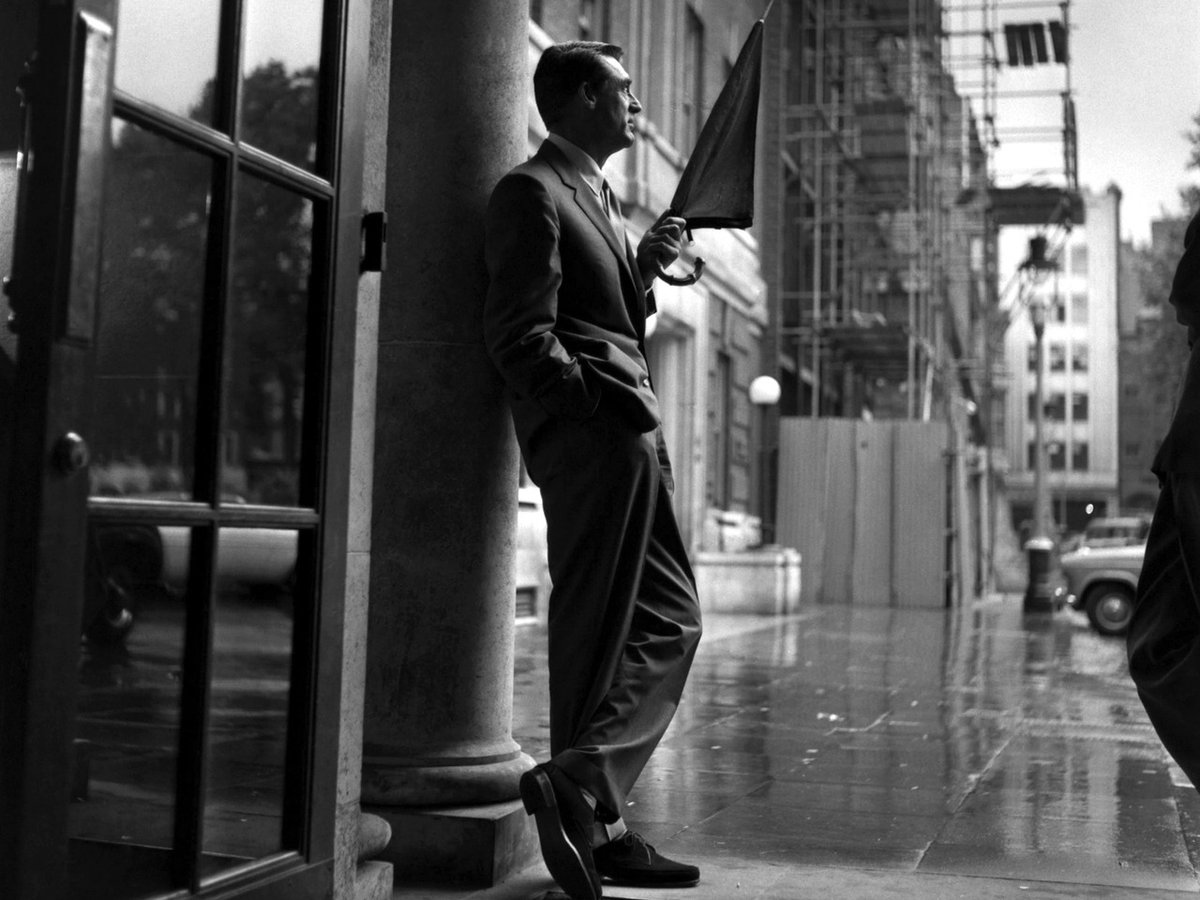
The central thing about Cary Grant's style is that he always looked elegant, even in To Catch a Thief (1955), where he wore a long-sleeve striped shirt, wide pants, loafers, and a neckerchief.


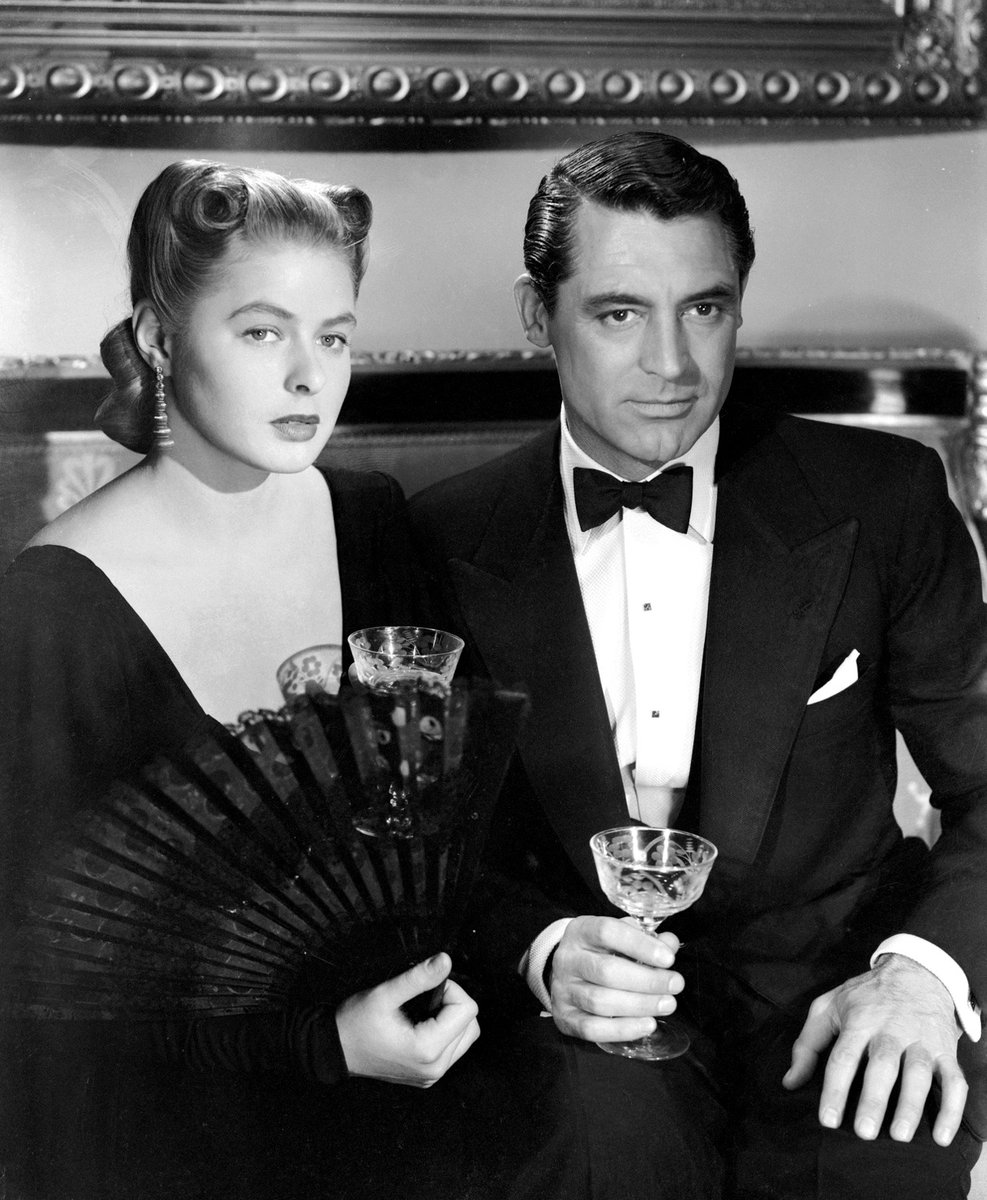
Comfort is central to elegance because you can not look elegant if you are uncomfortable. Tristan puts darts on everything—even the front of his shirts—because he wants to show off his figure. That's fine if that's your aesthetic, but it's not dressing like Grant.


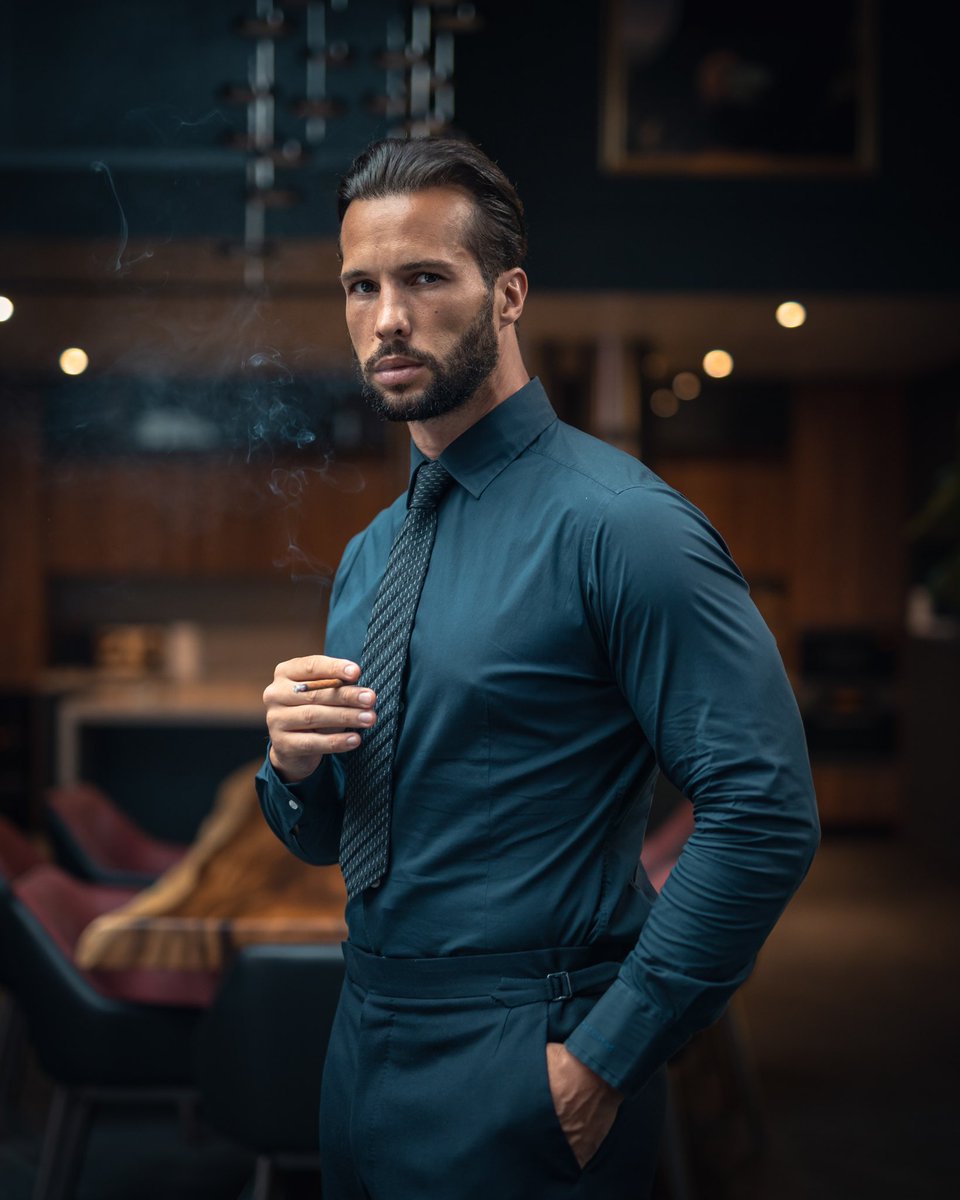
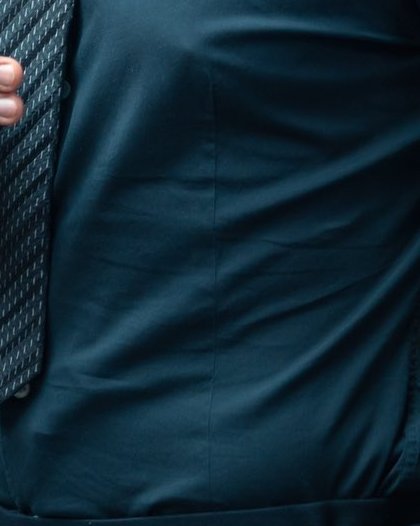
The last thing I want to note, which I've noted in other threads, is that fitness is different from style. It's fine to be into fitness. But it's not true that you have to be a certain body shape to be stylish or dress well.


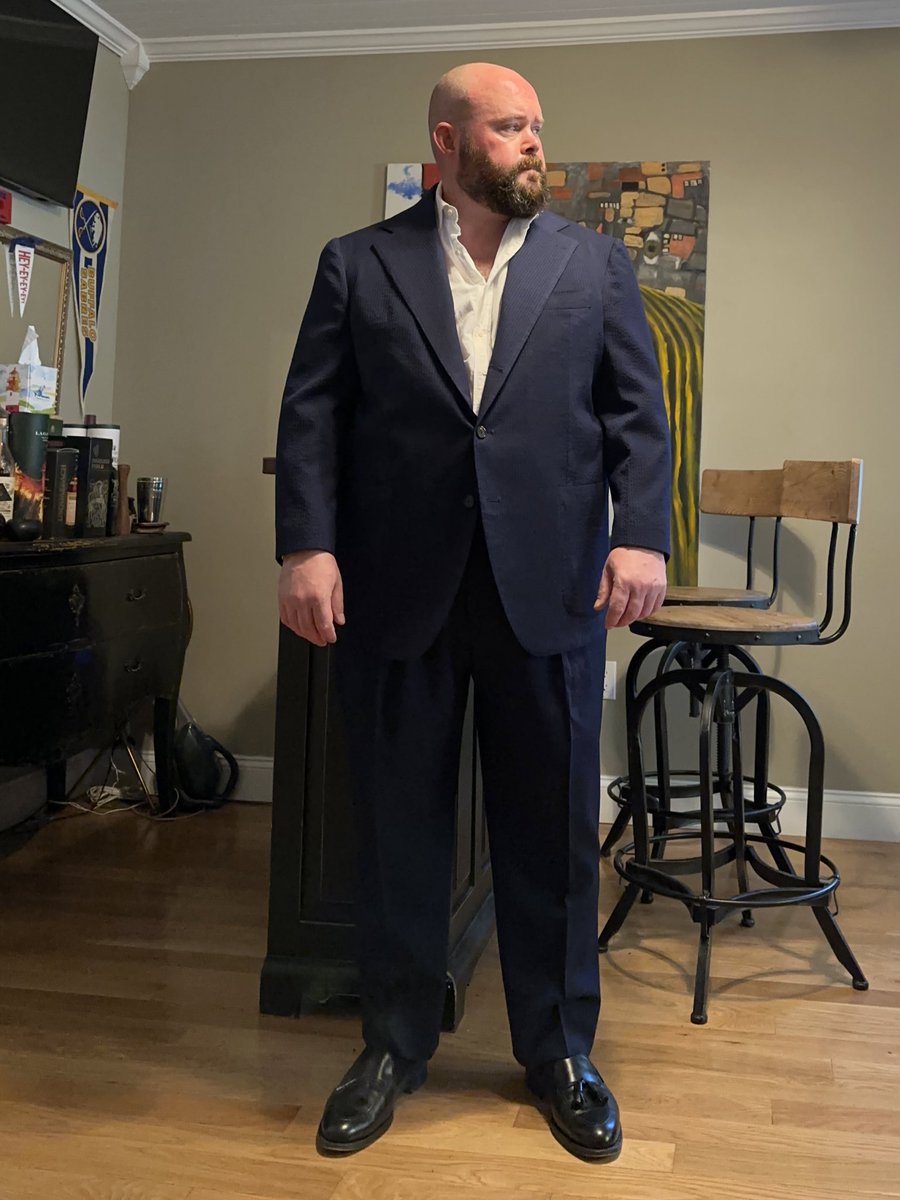

You also don't have to wear tailoring. My friend @DavidLaneDesign, who posts under the name bigfits1 on Instagram, is super stylish because he knows how to dress for his body type and how to use clothes as social language. There are lots of great casual looks on his Instagram




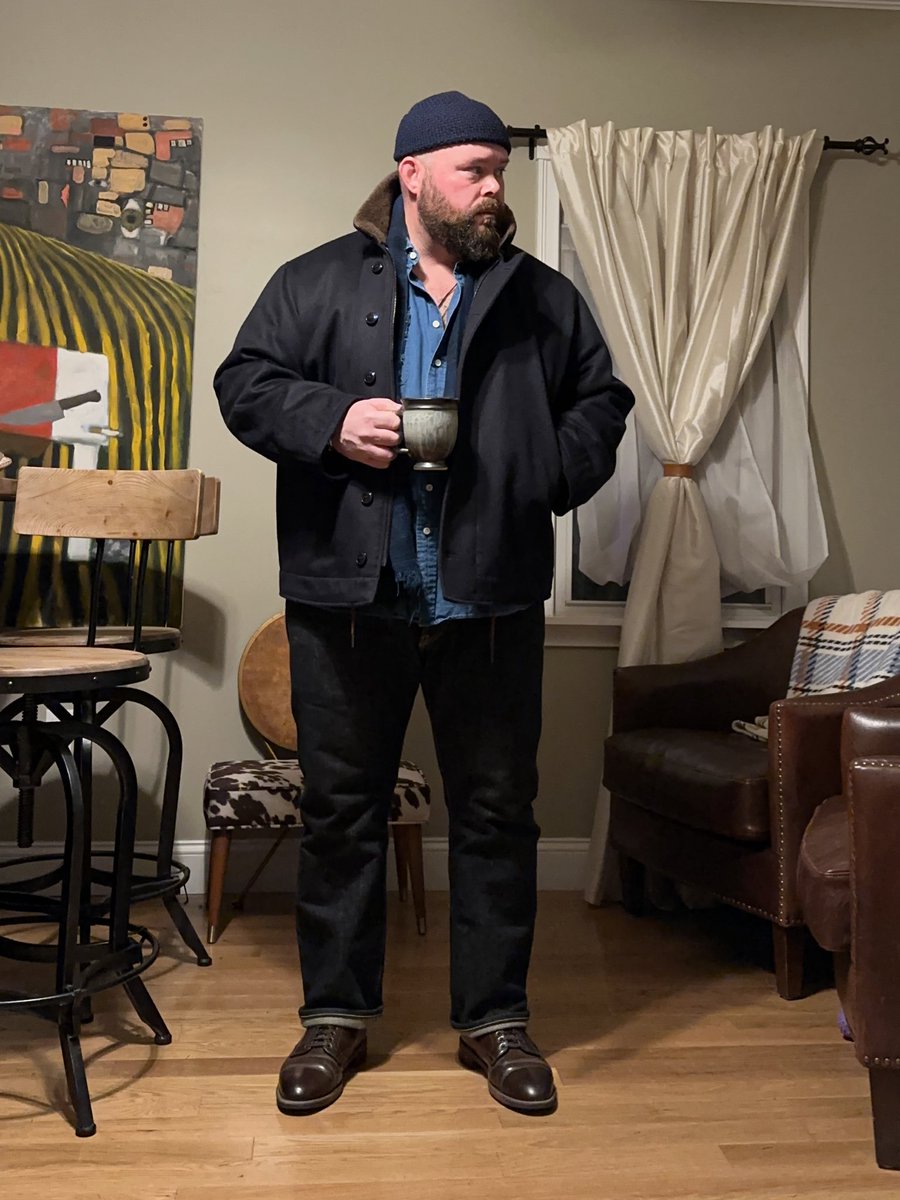
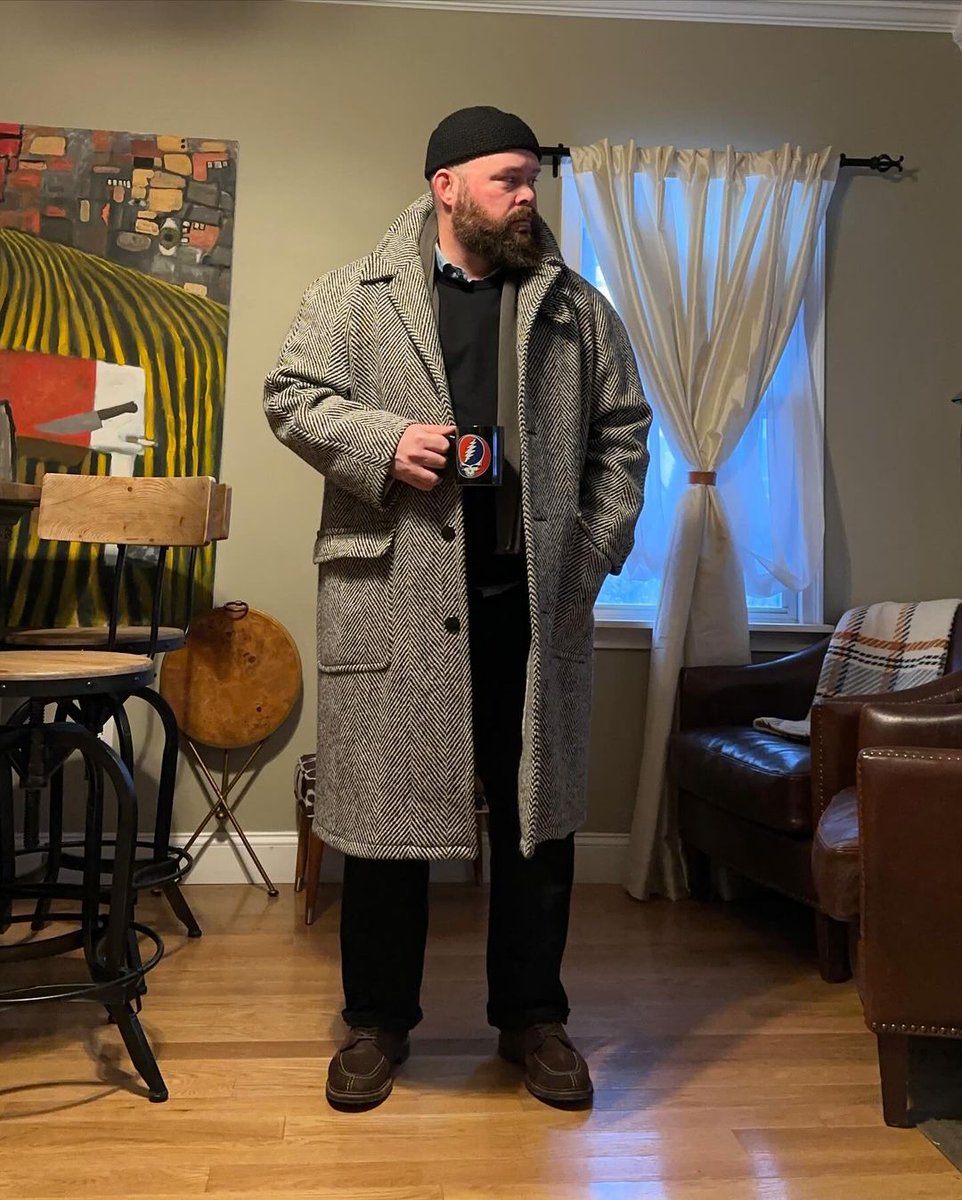

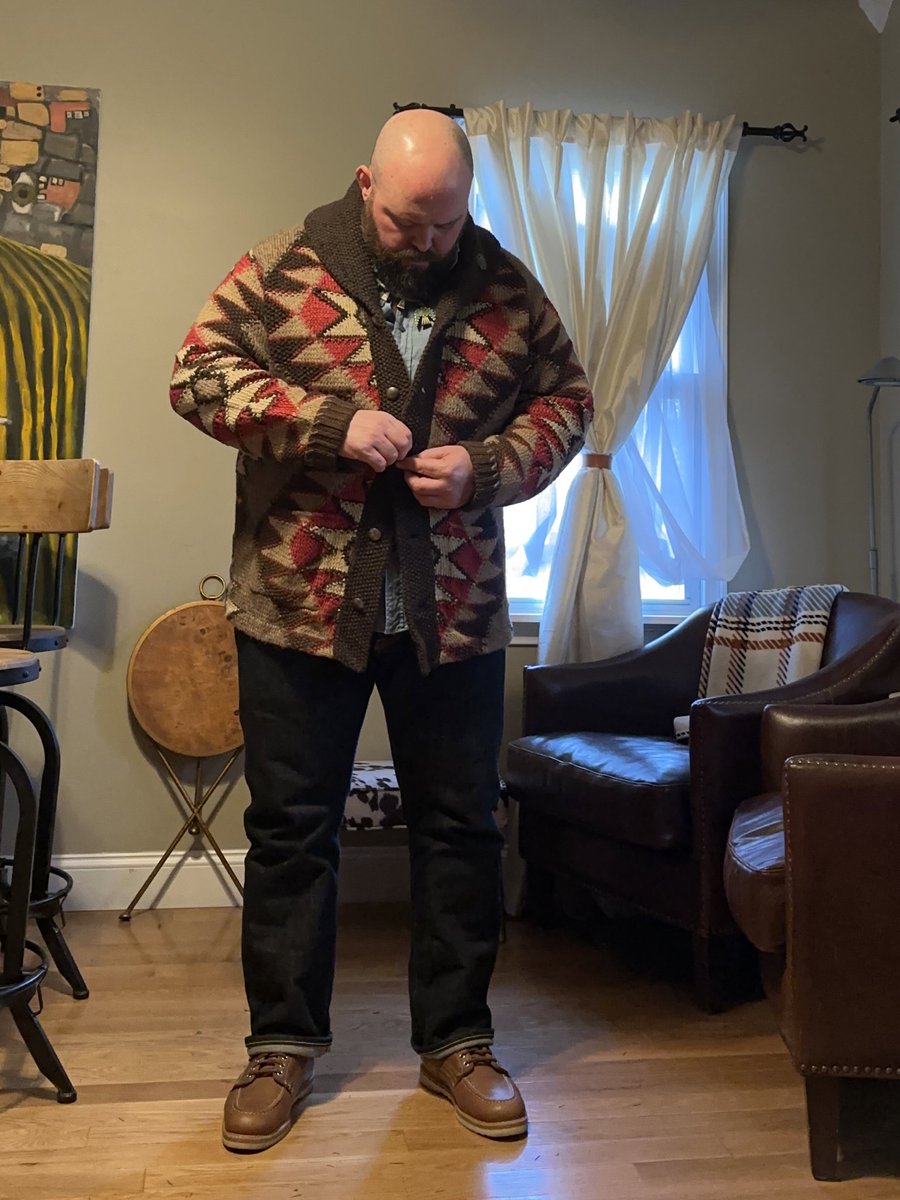
IMO, Tristan—and many of the people who follow him—associate style too much with having a certain body type (muscular), living a certain lifestyle, driving fast cars, and having a lot of wealth.




I think style is more about knowledge and developing your eye. My friend Tim thrifts most of his clothes or shops from affordable brands like Spier & Mackay. The blazer and grey trousers you see here were things his mom bought from Ralph Lauren when he was 16
IG thefoxtooth


IG thefoxtooth


Grant had a level of style few will ever reach. But I think Tim and David get closer to it—despite not following Tristan's style advice—because they employ certain ideas. Meanwhile, Tristan lacks Grant's elegance because he doesn't pay enough attention to the details.








• • •
Missing some Tweet in this thread? You can try to
force a refresh


